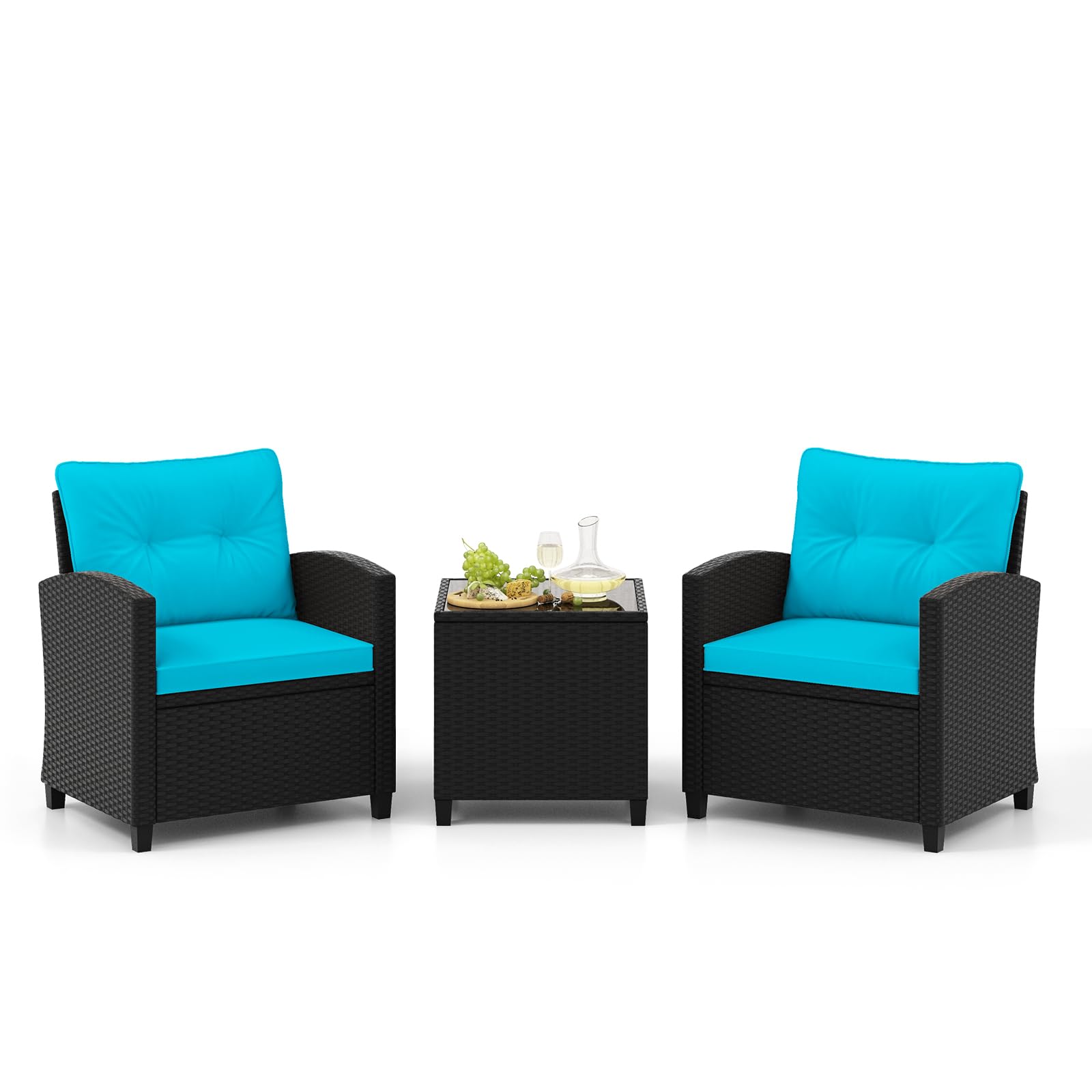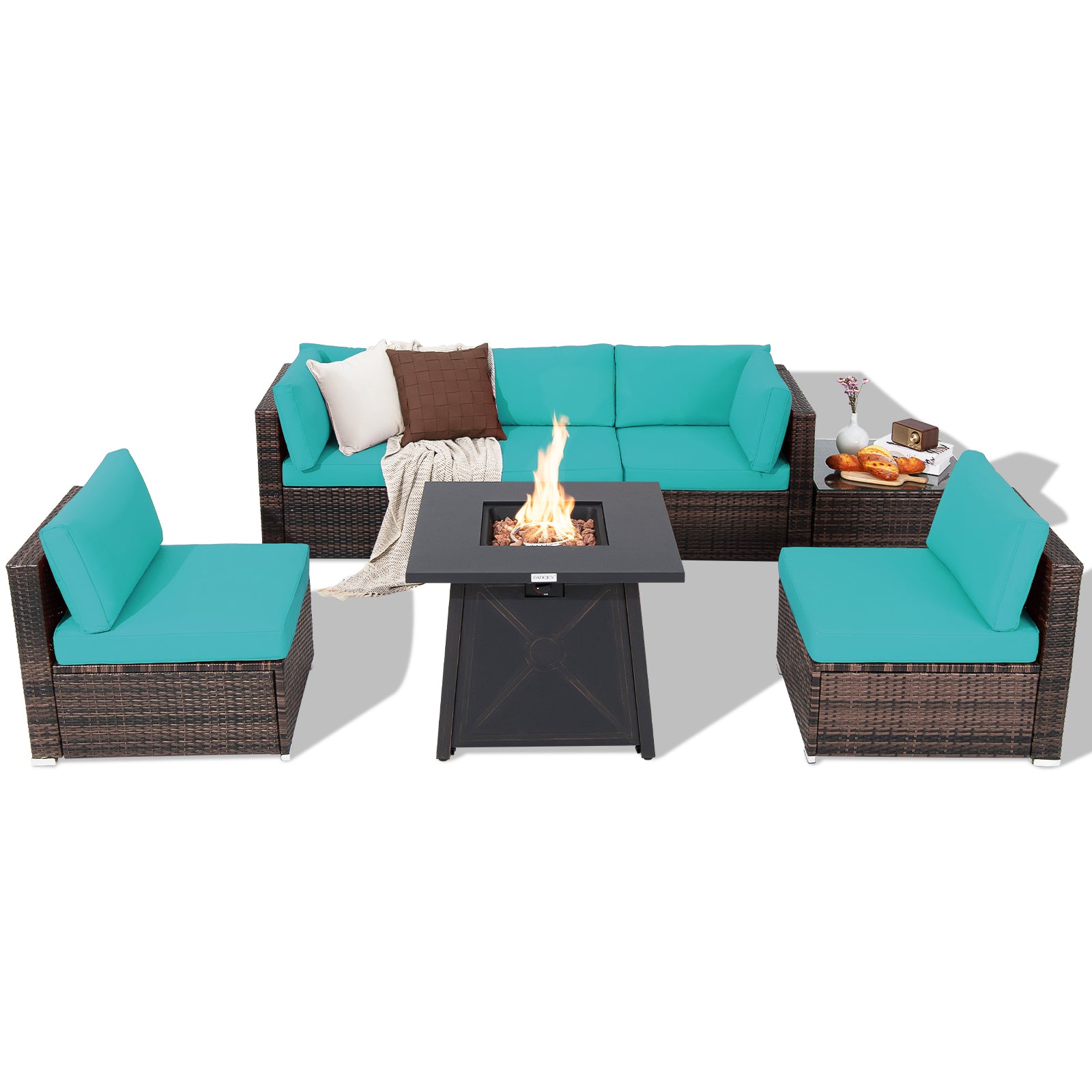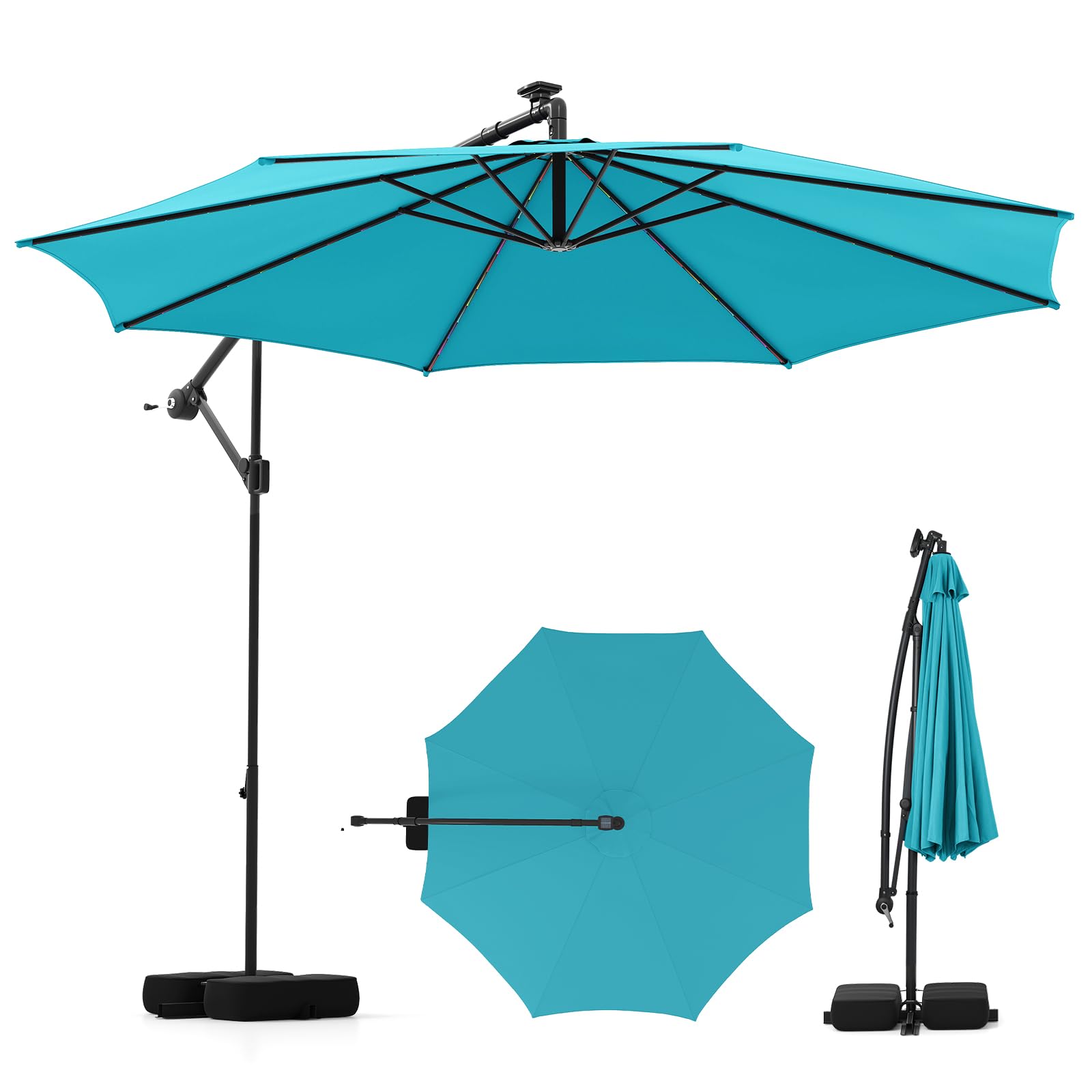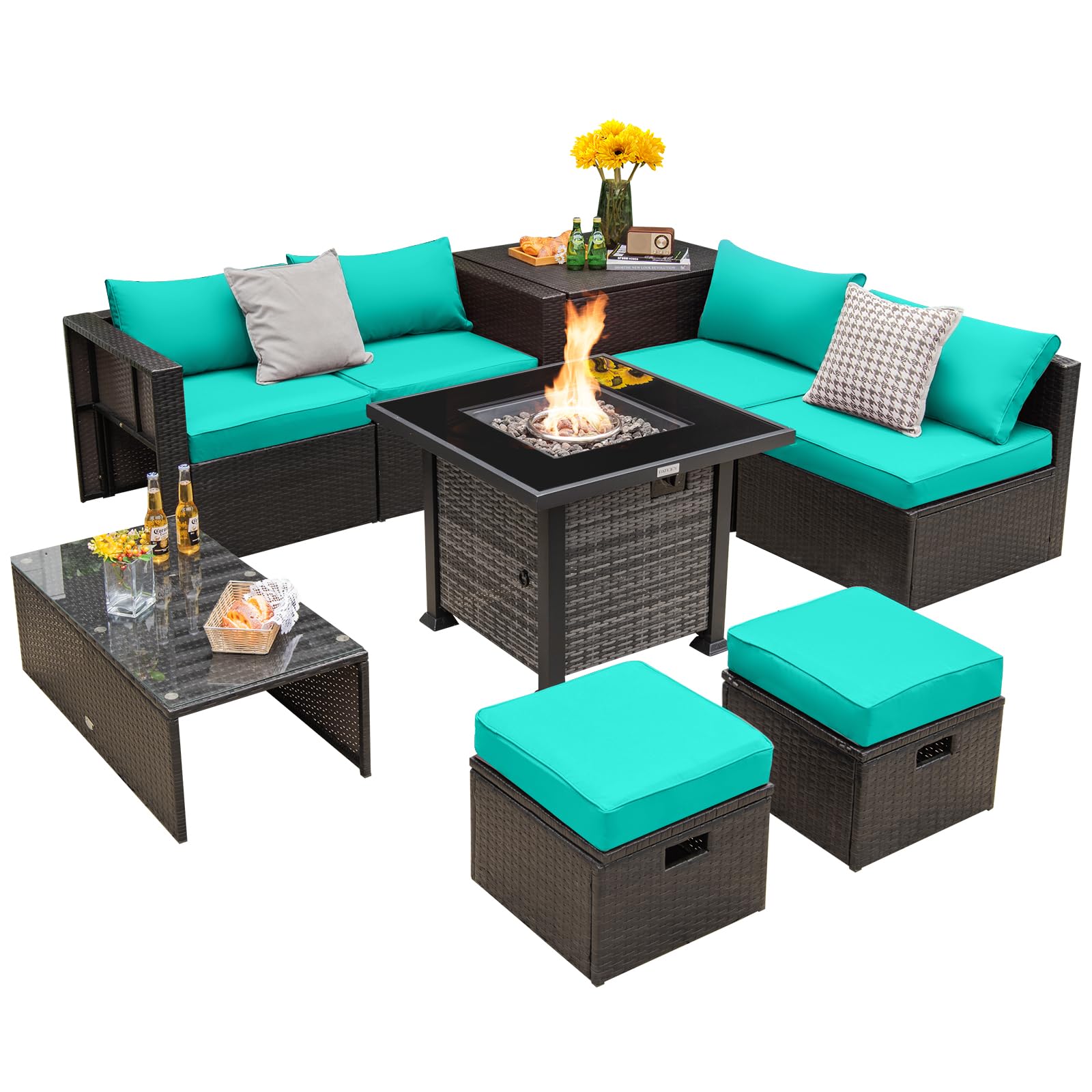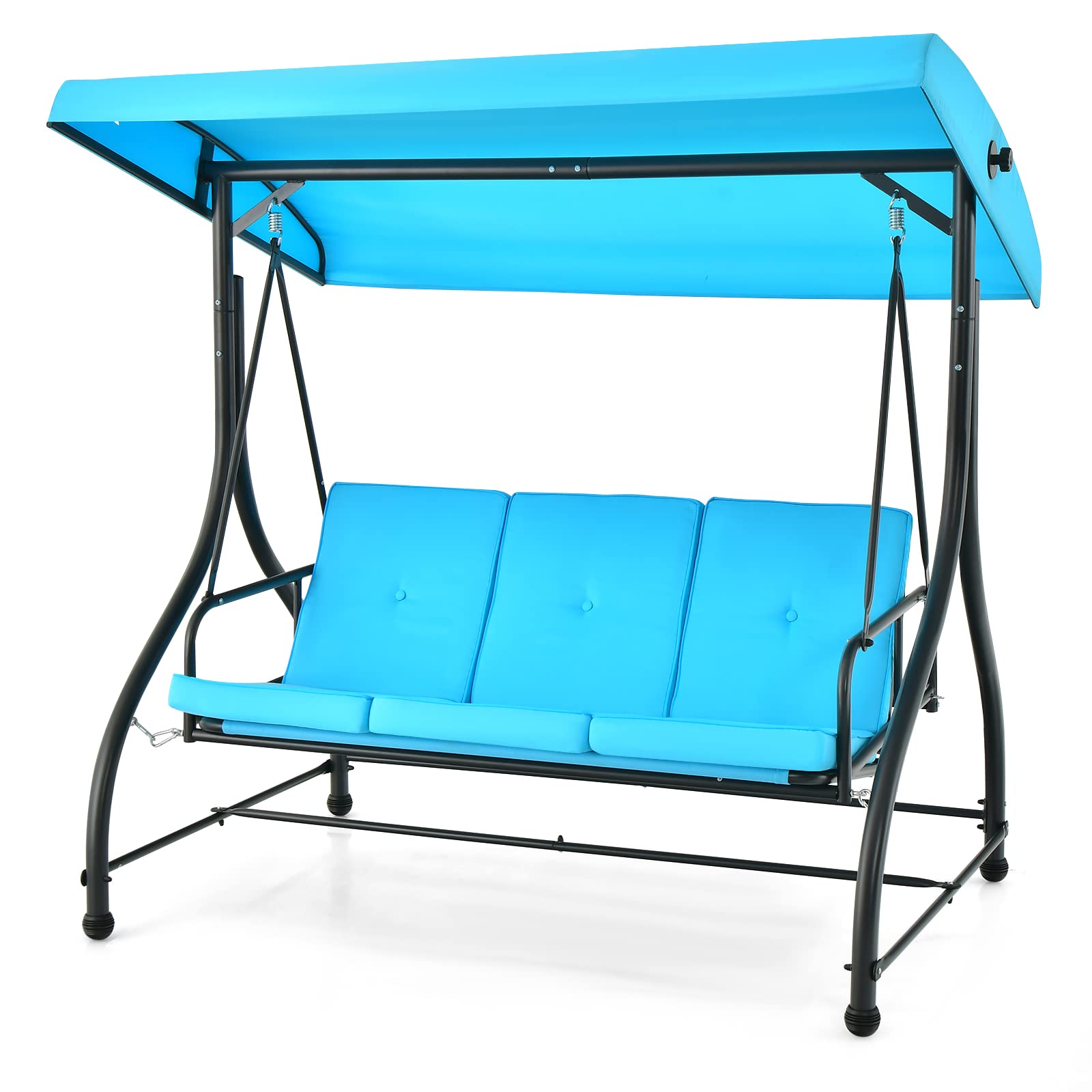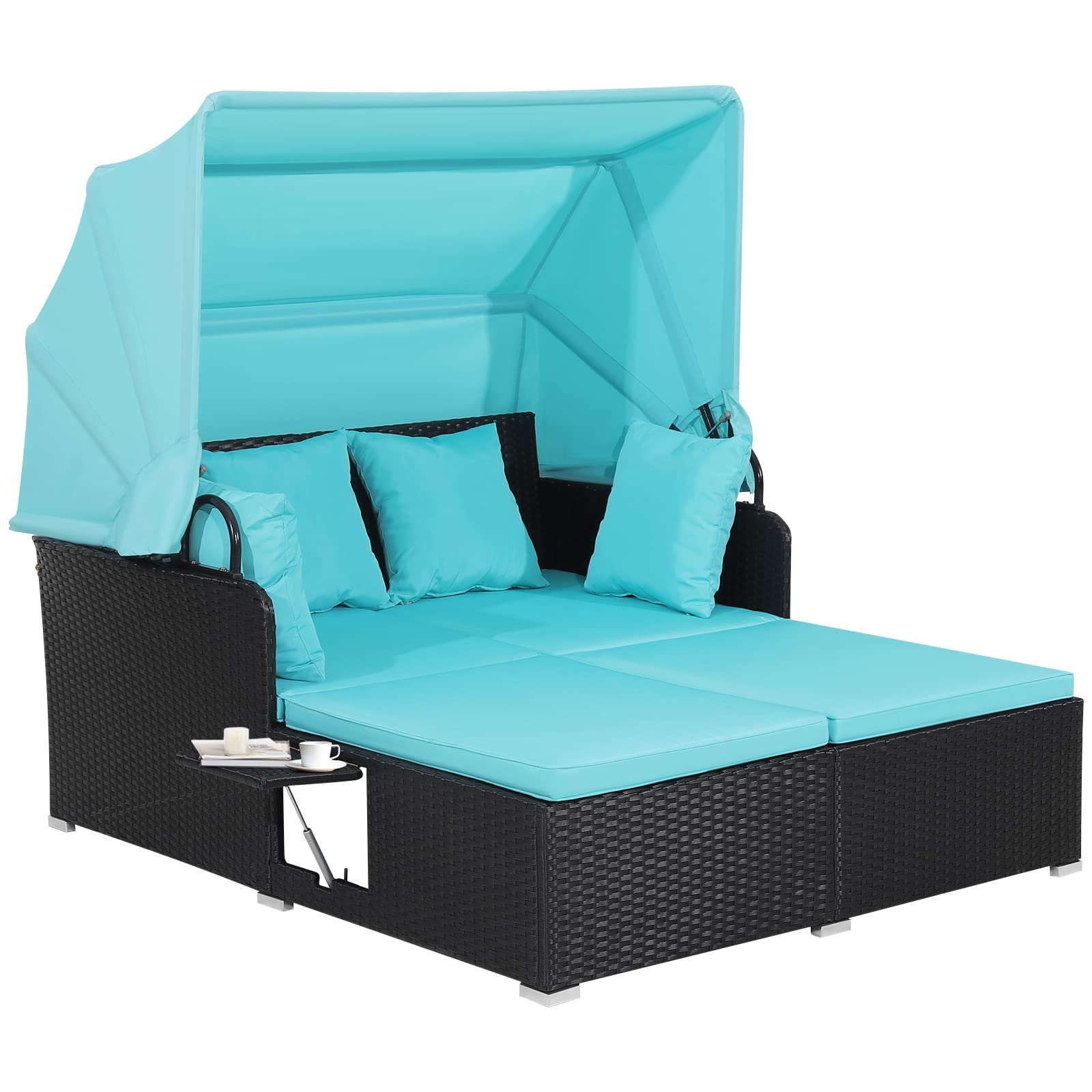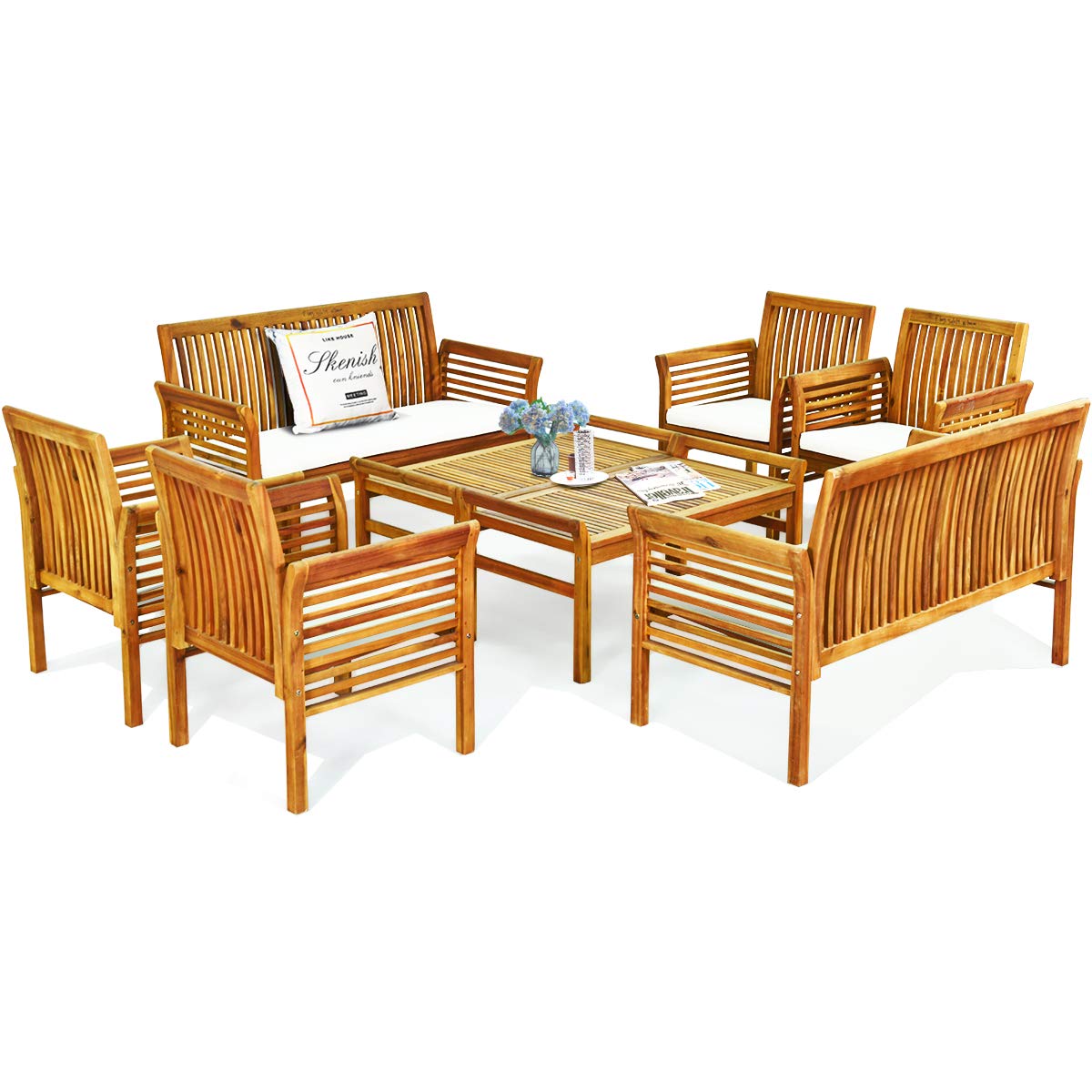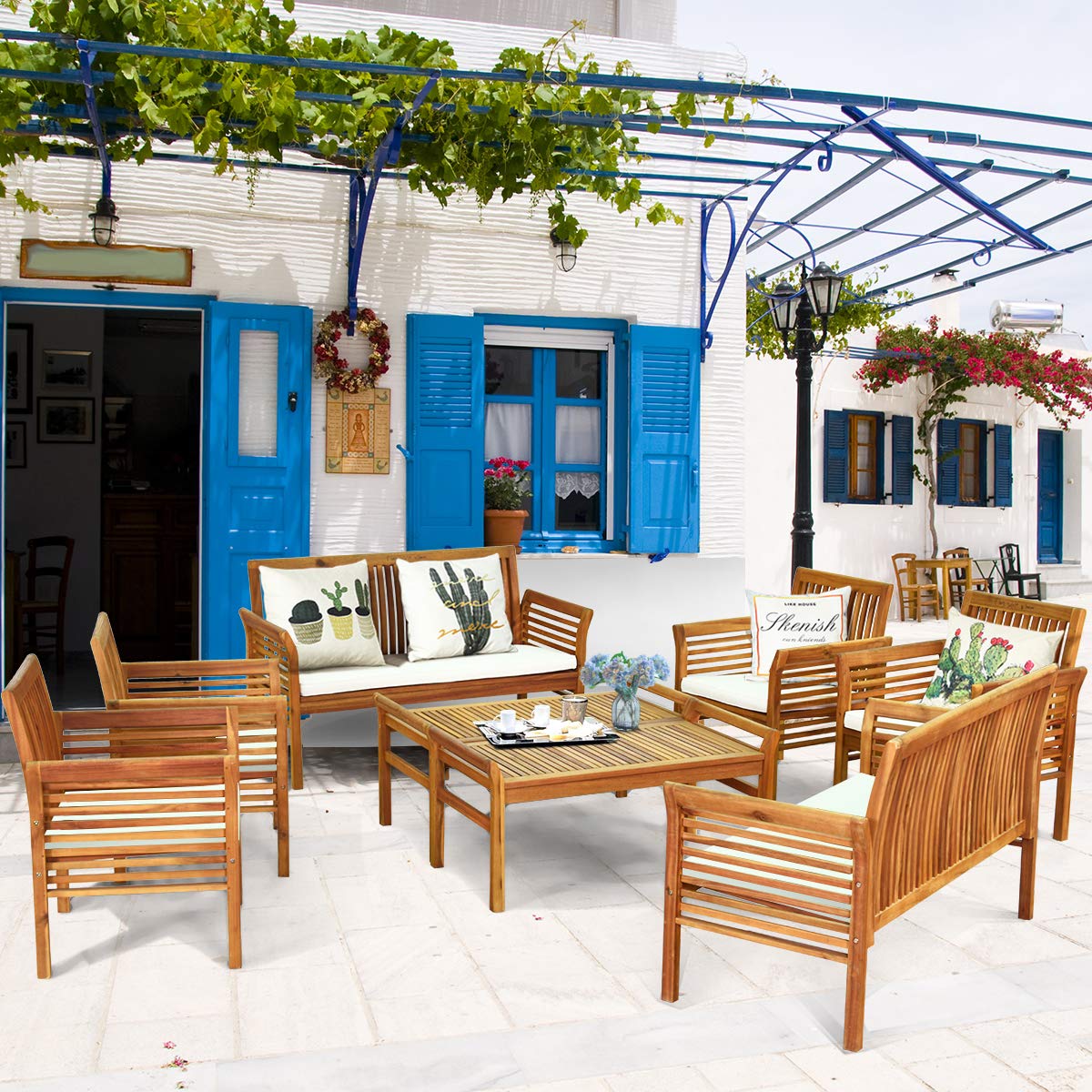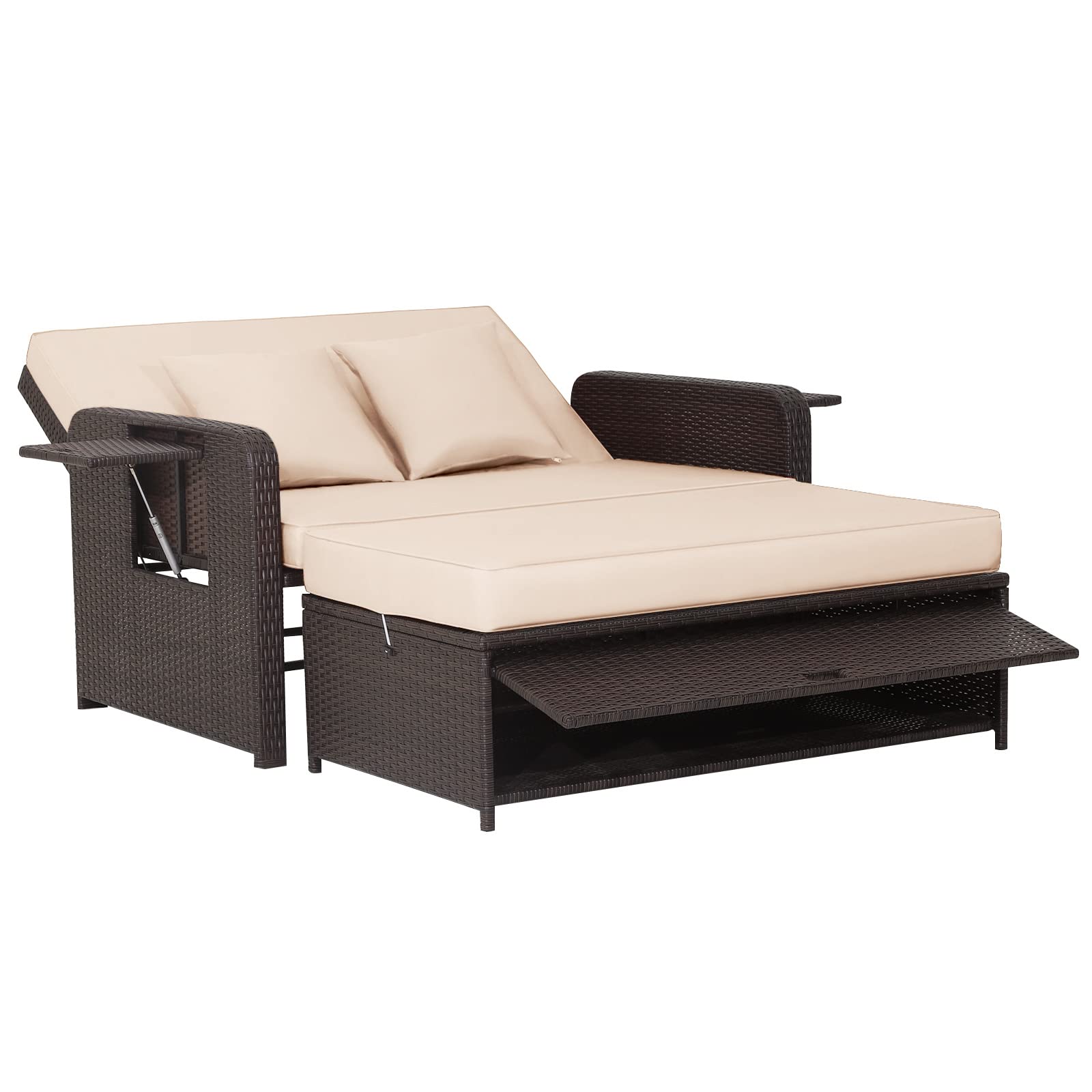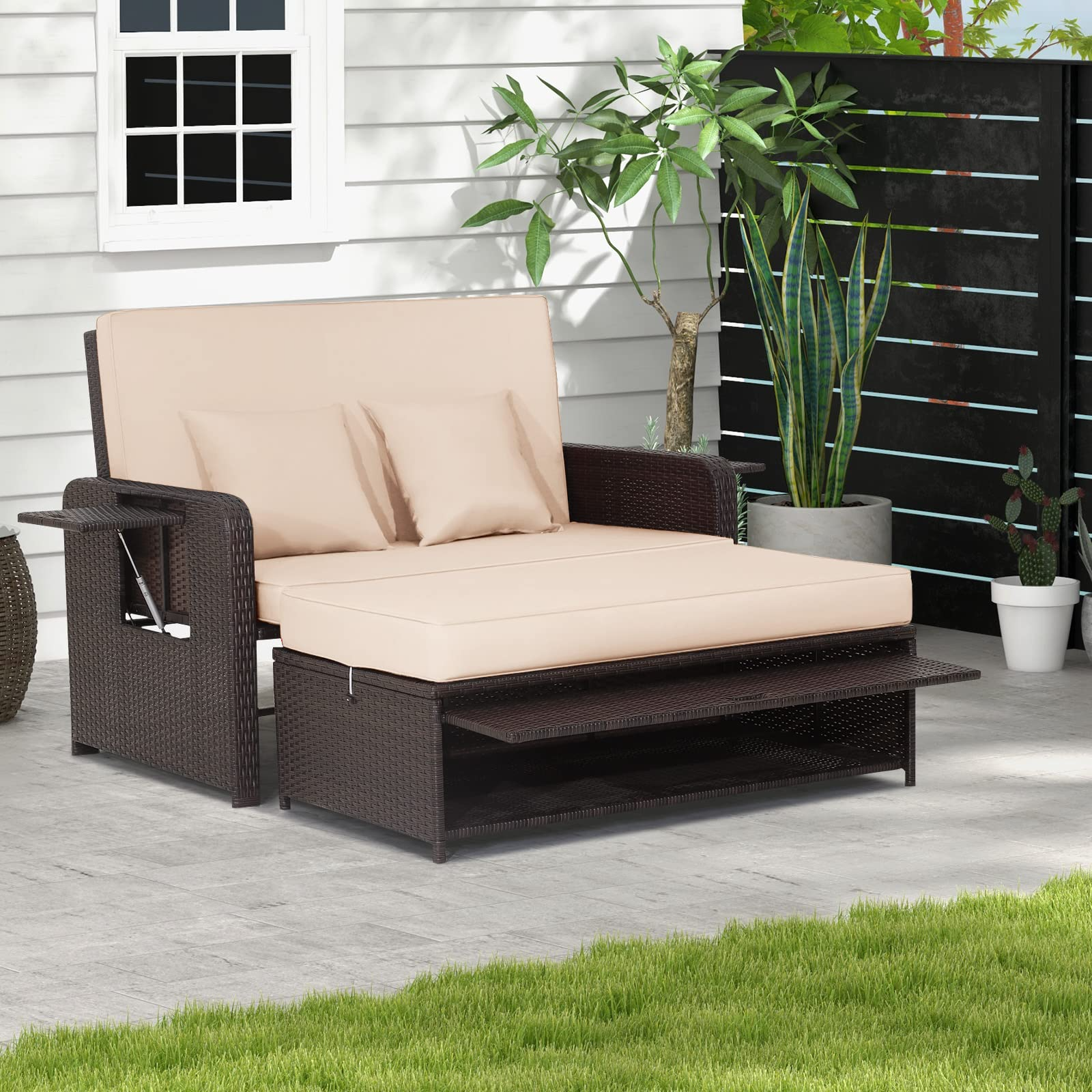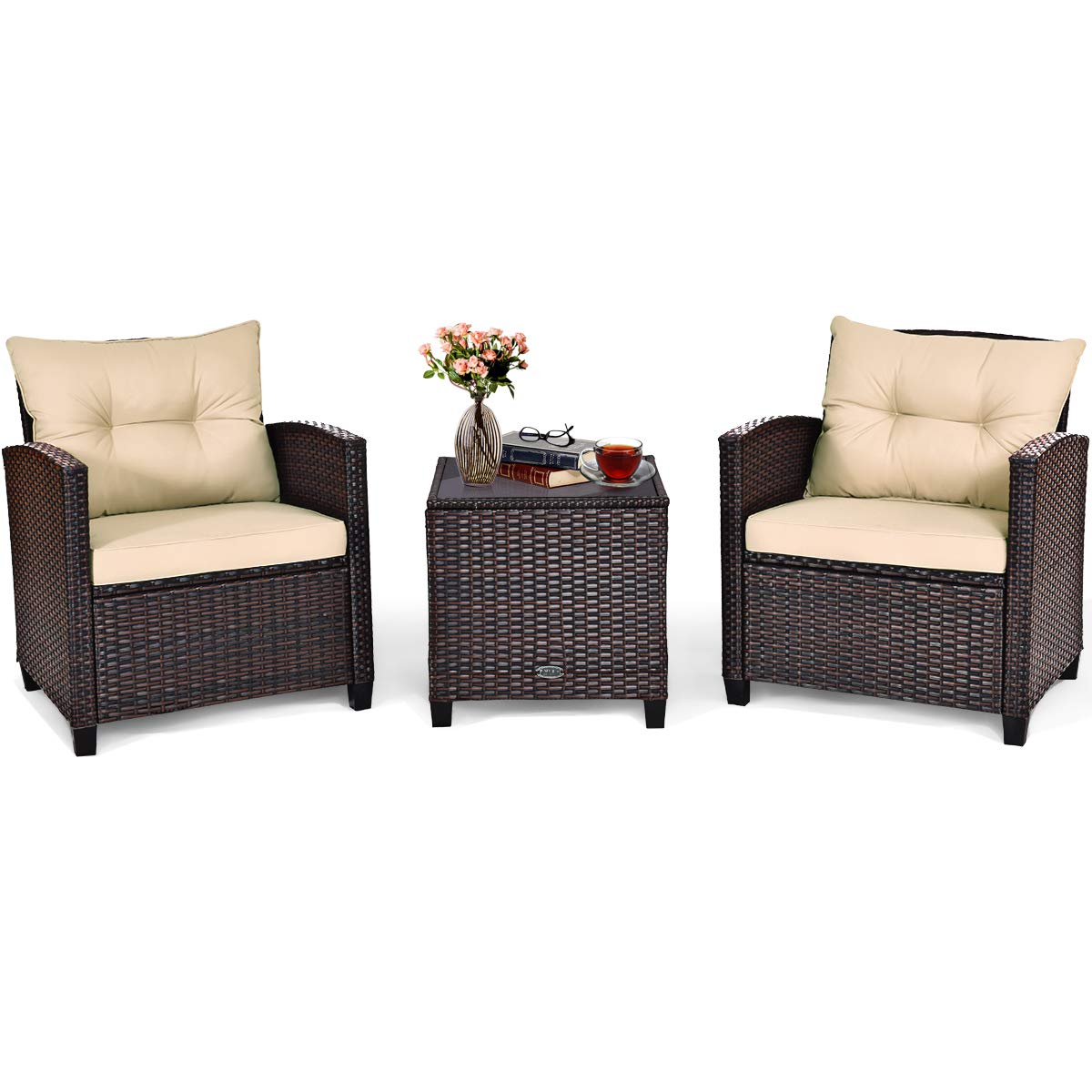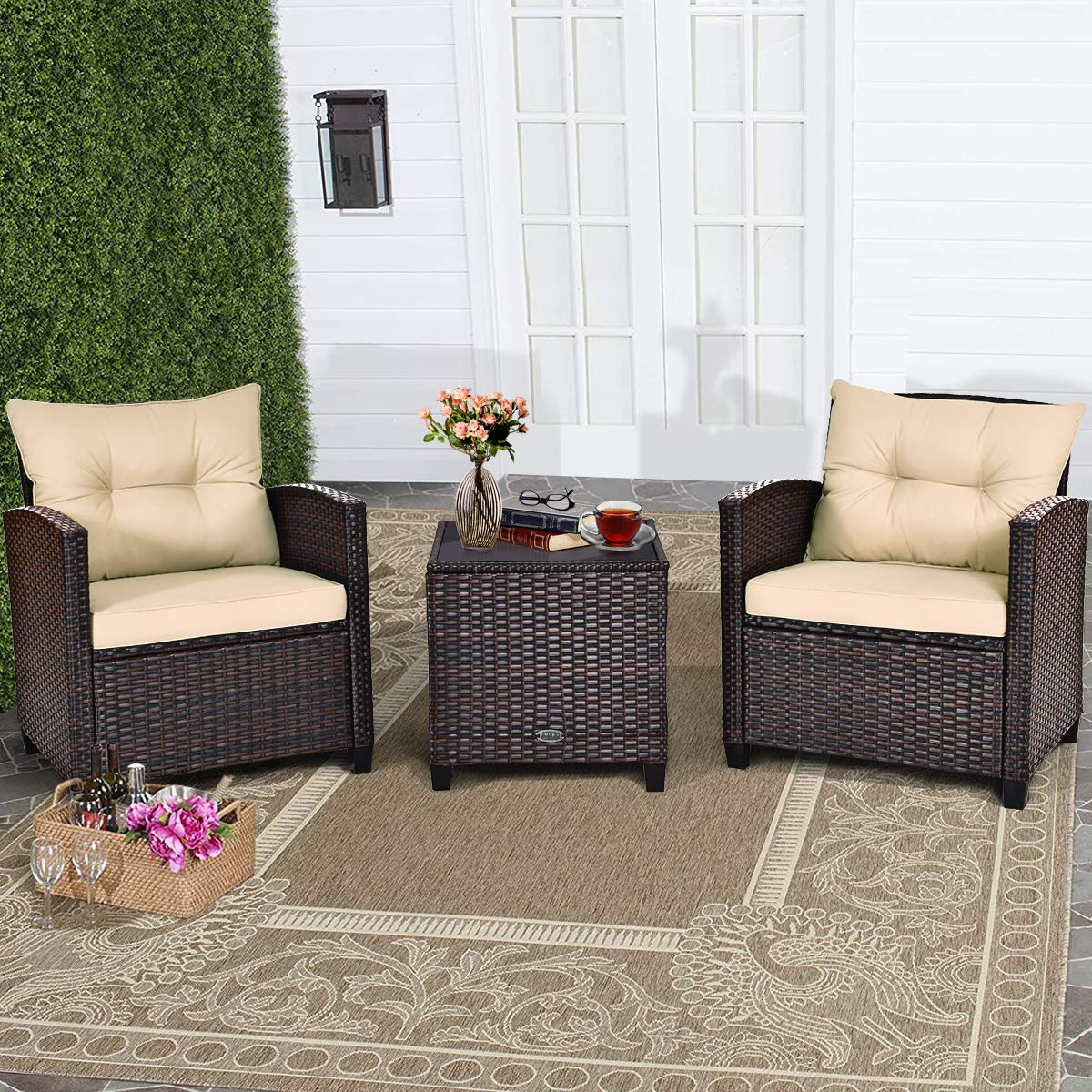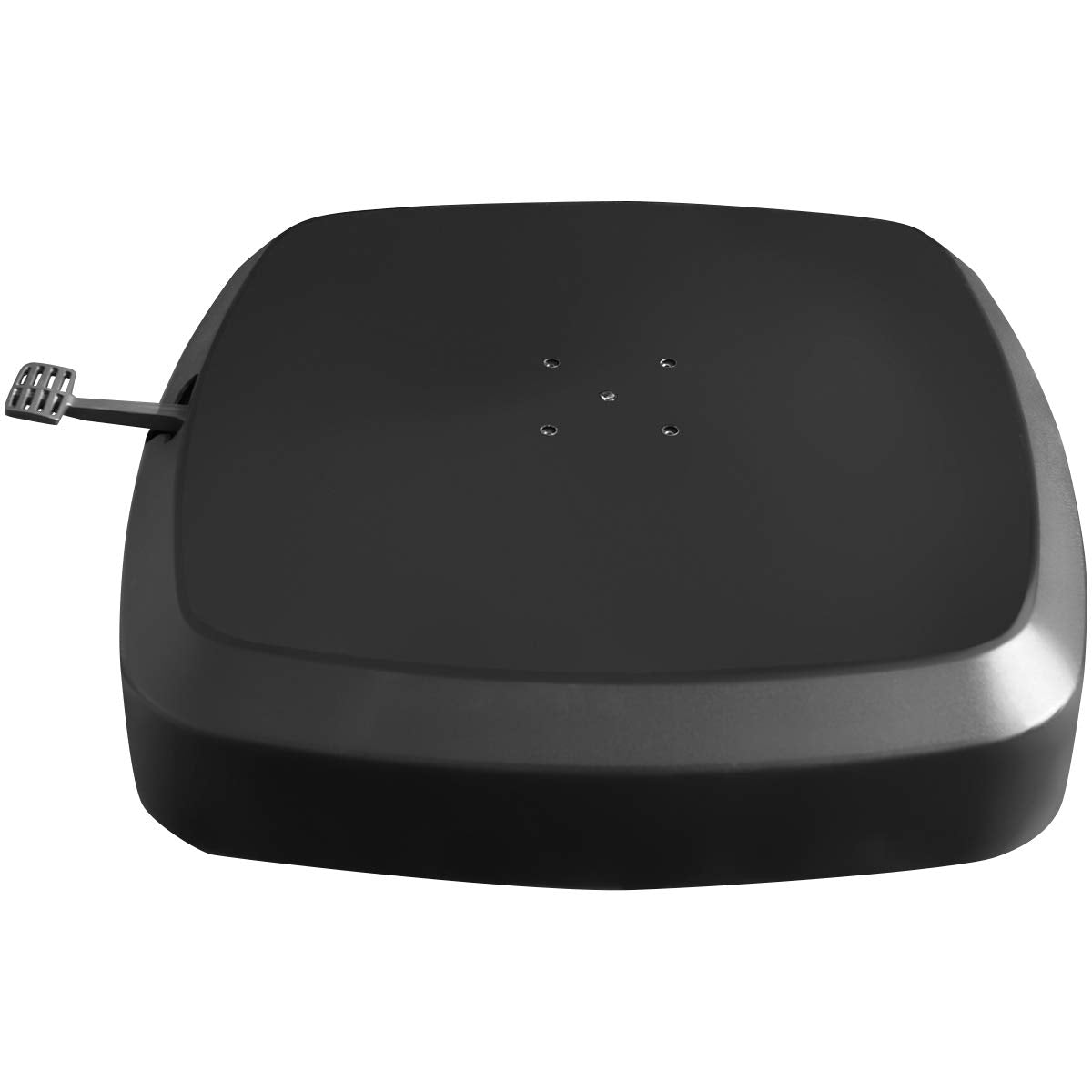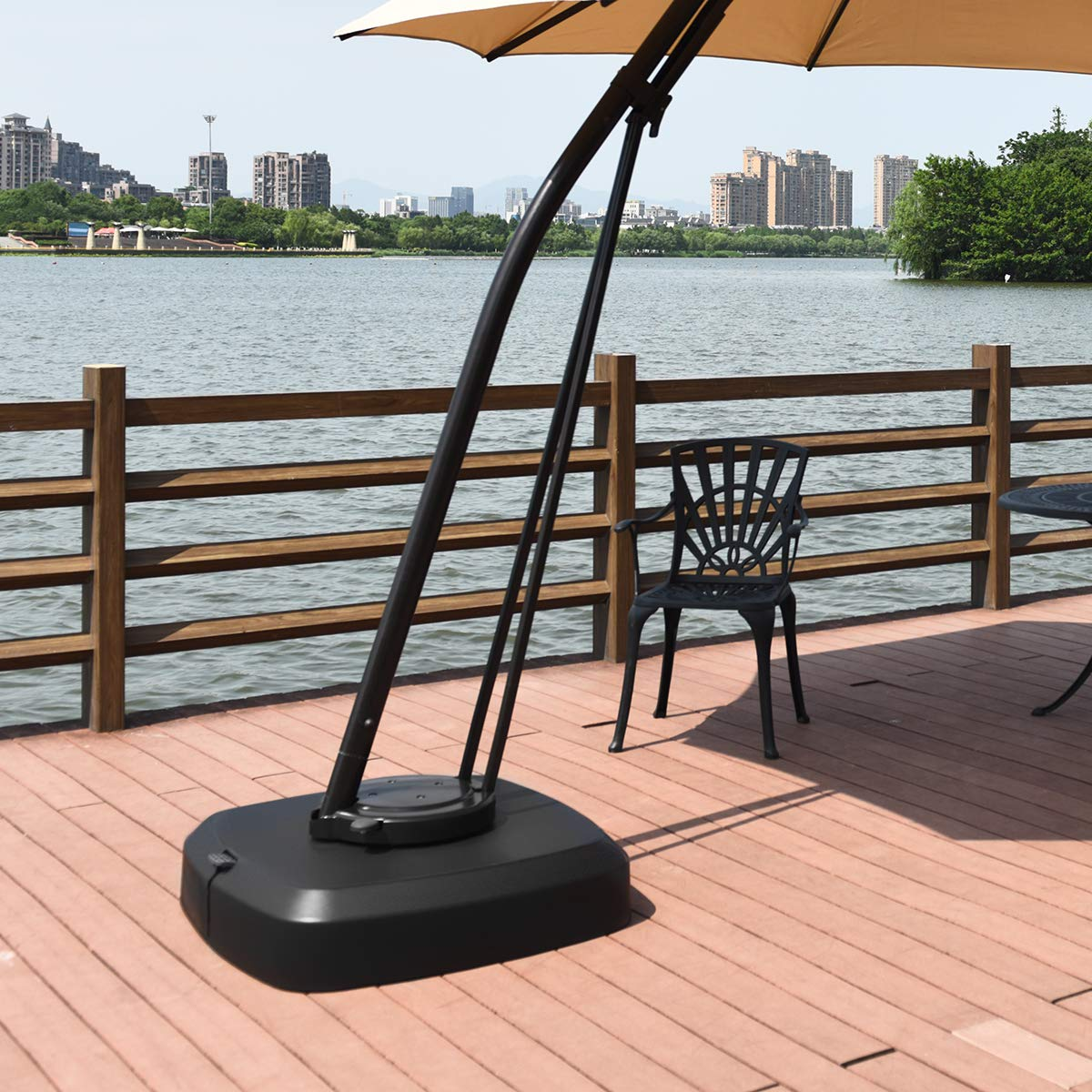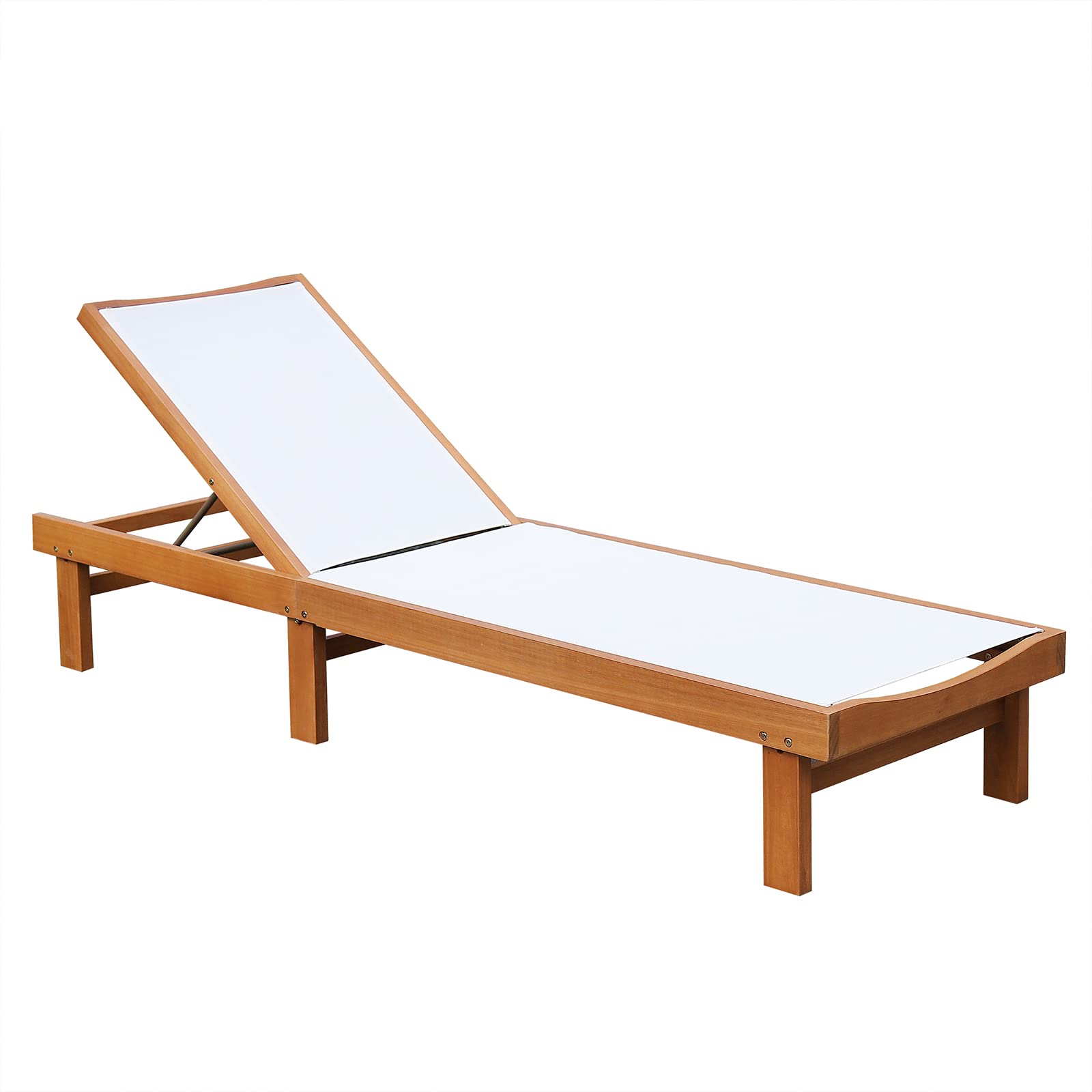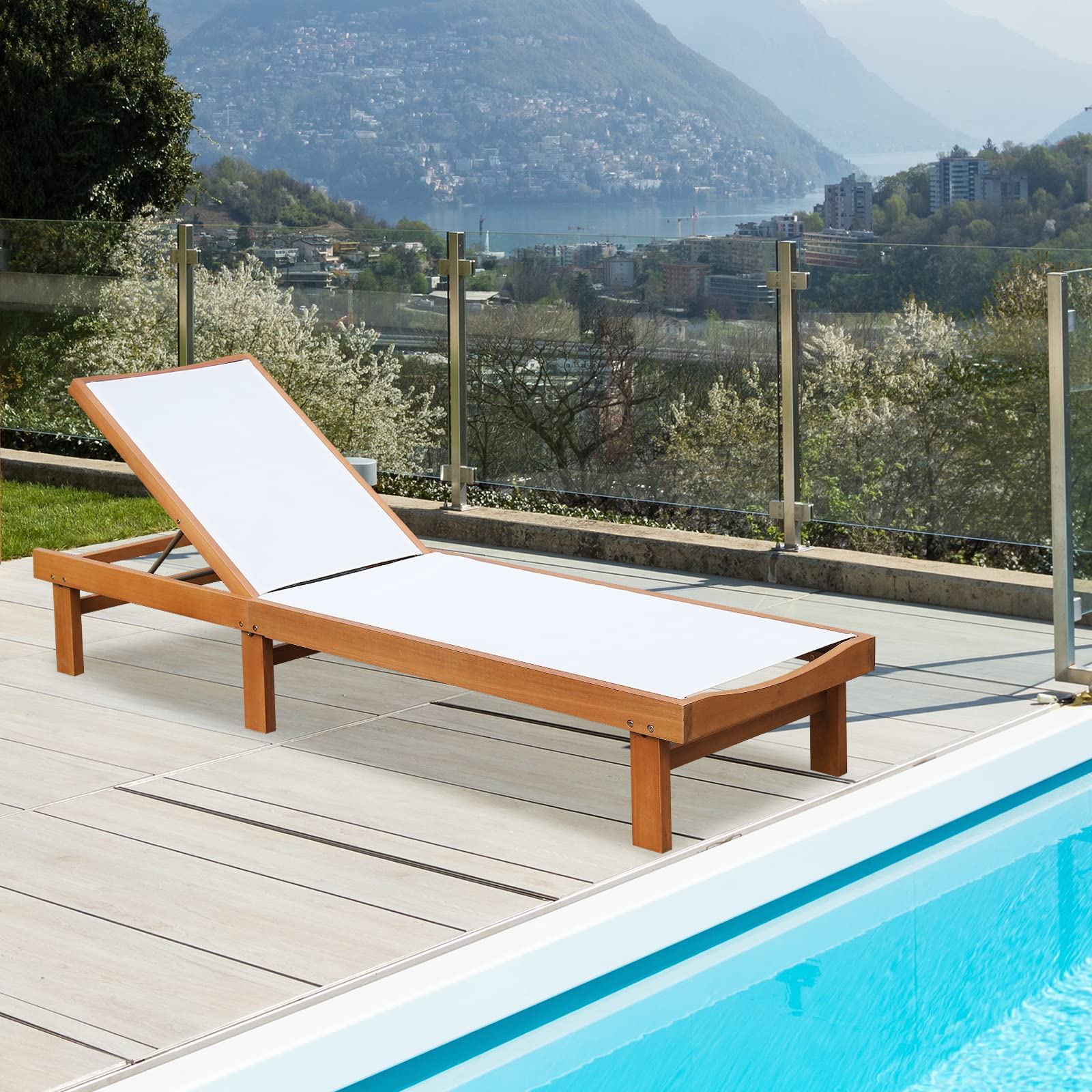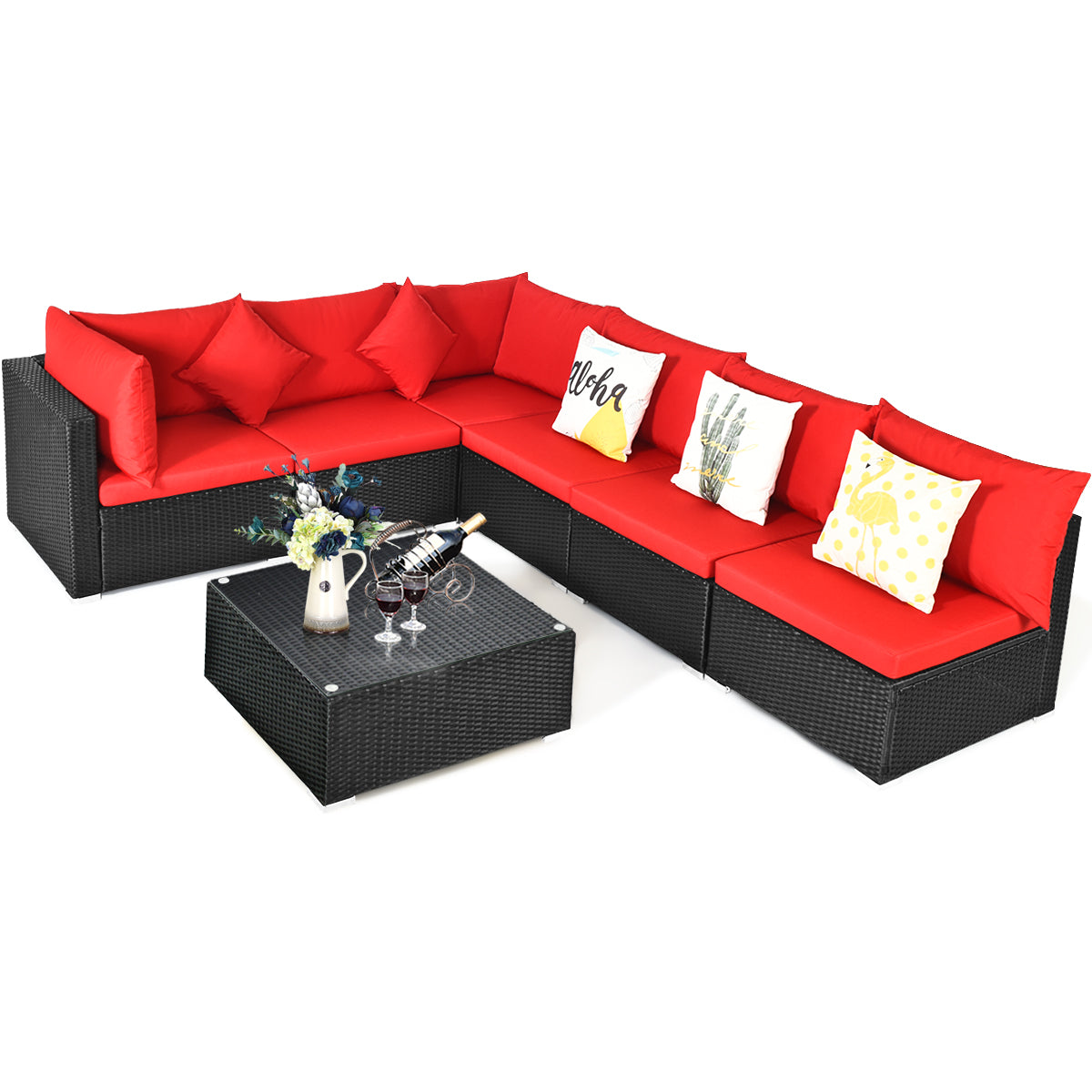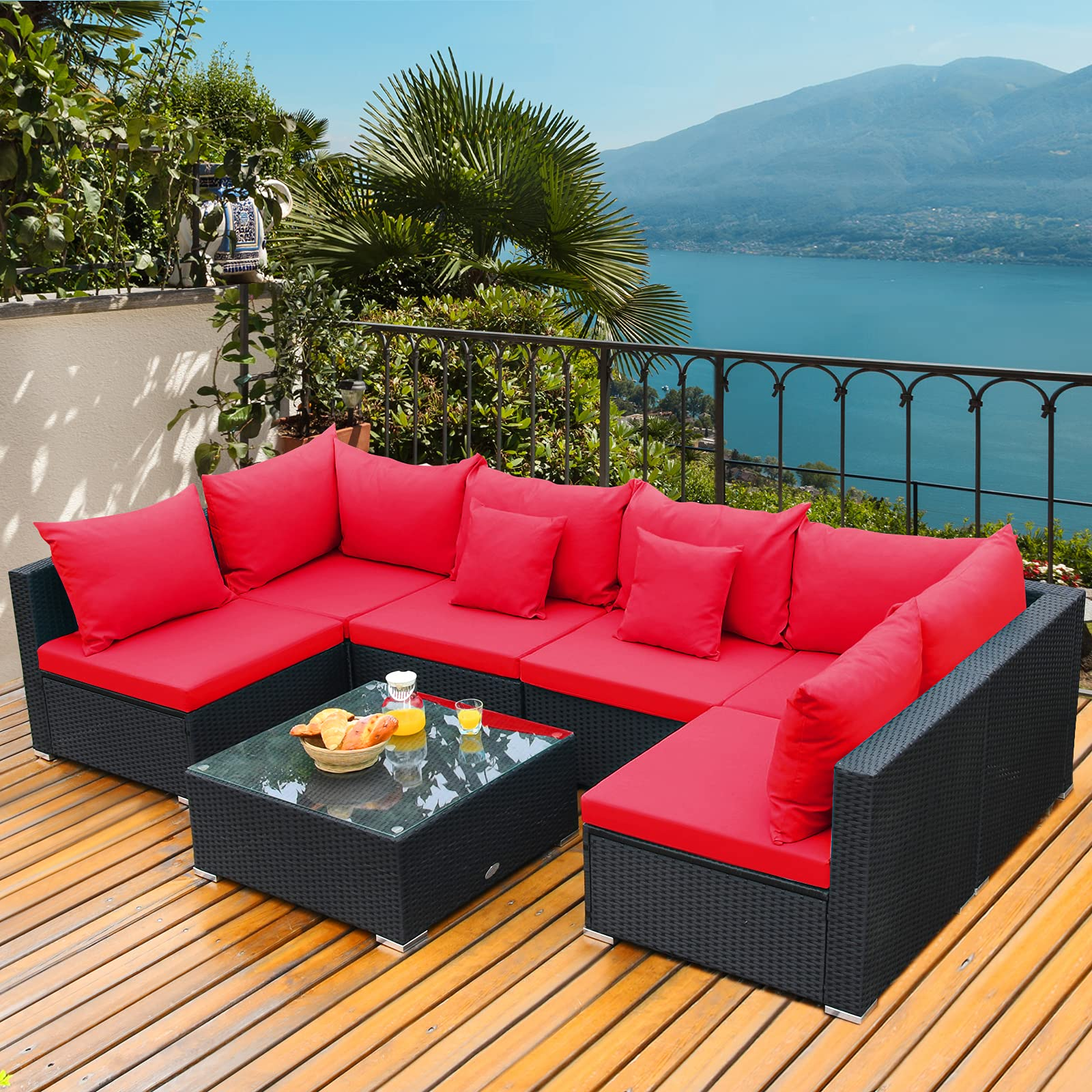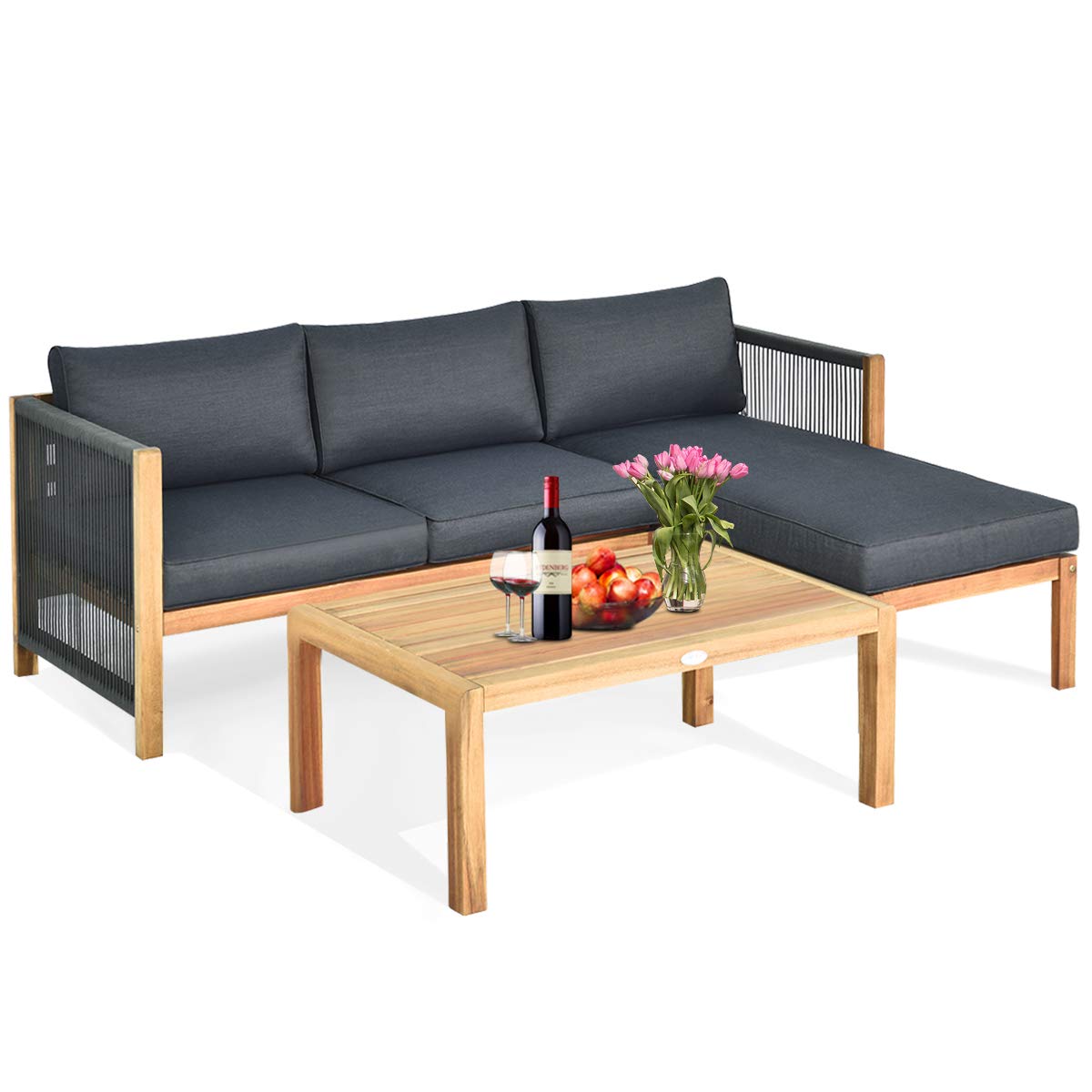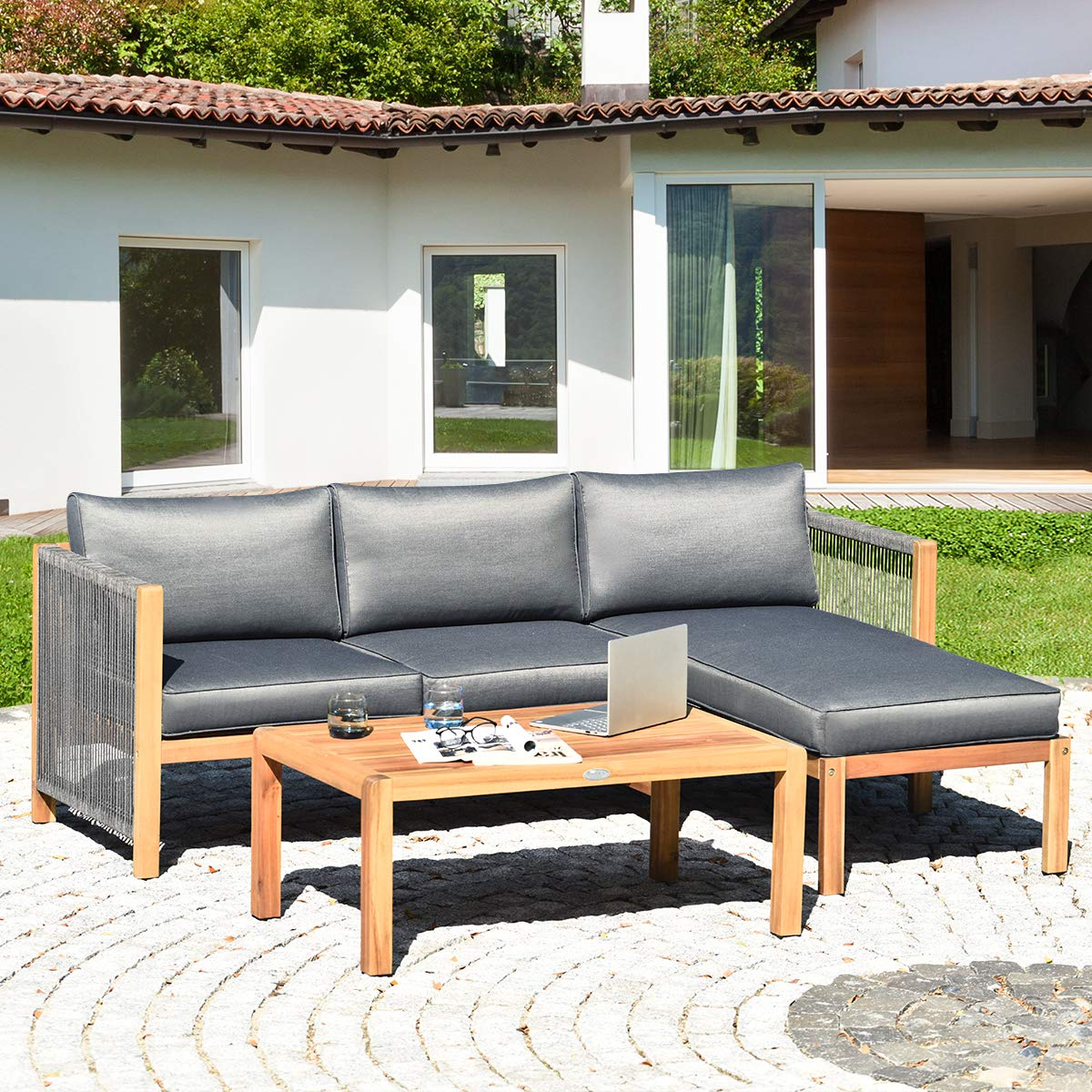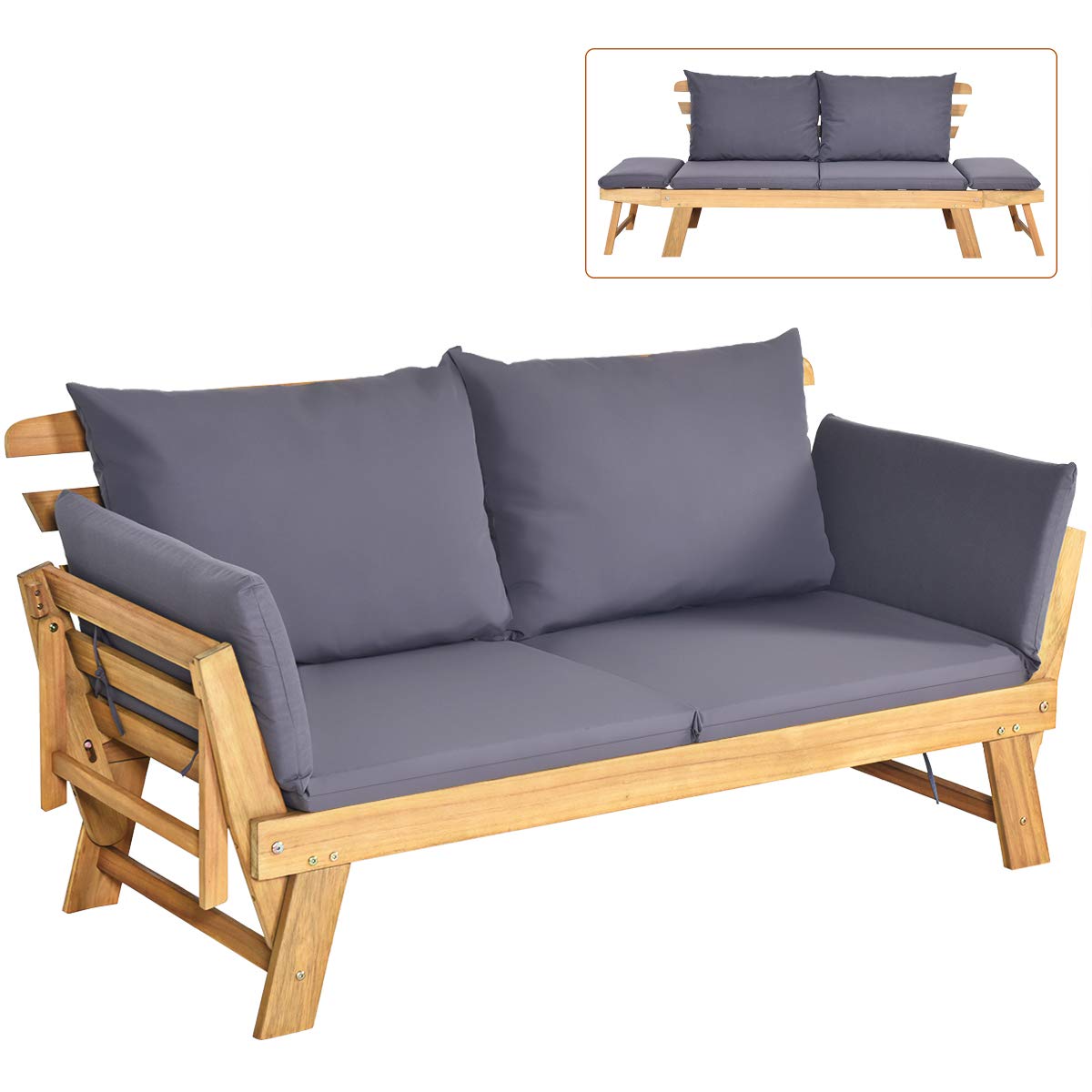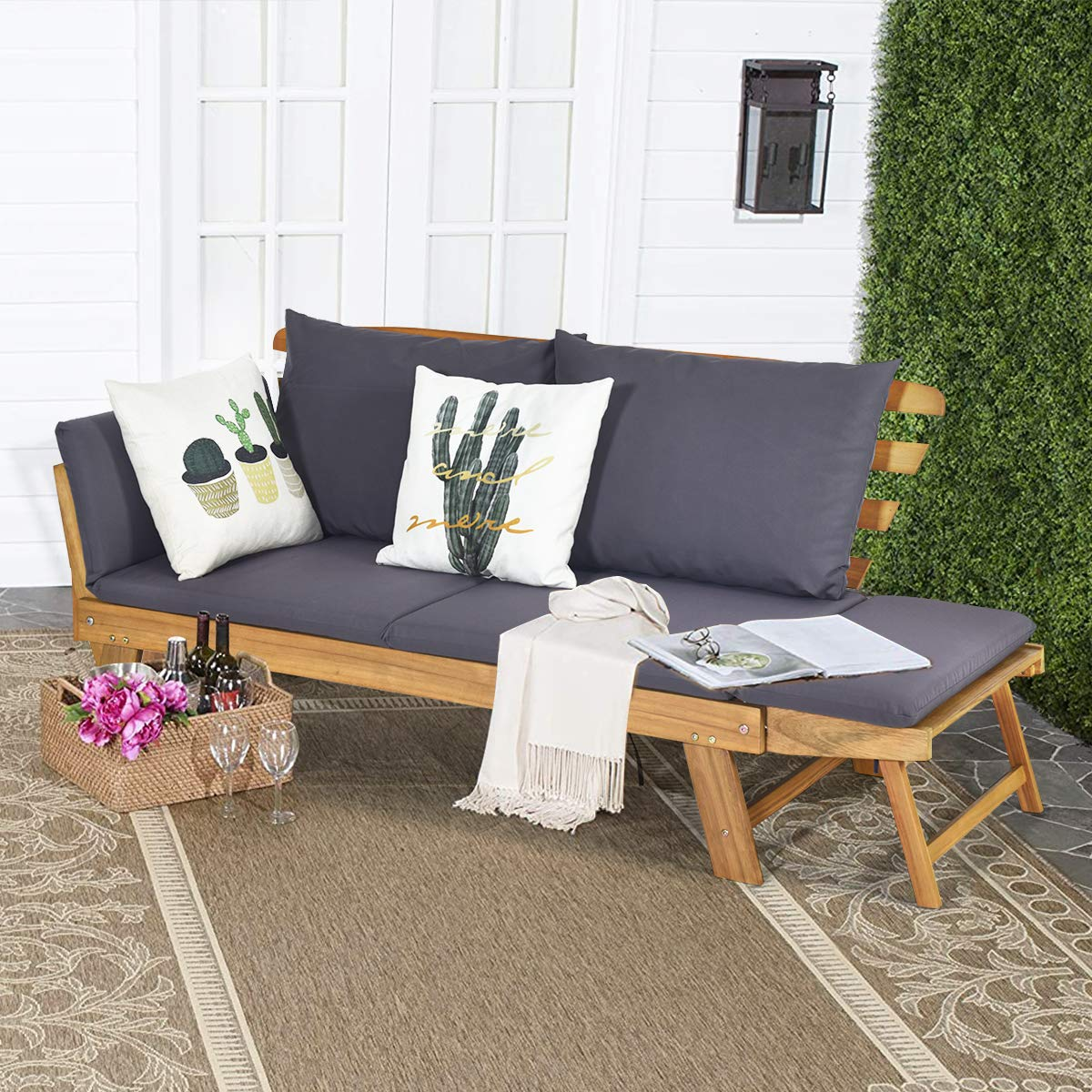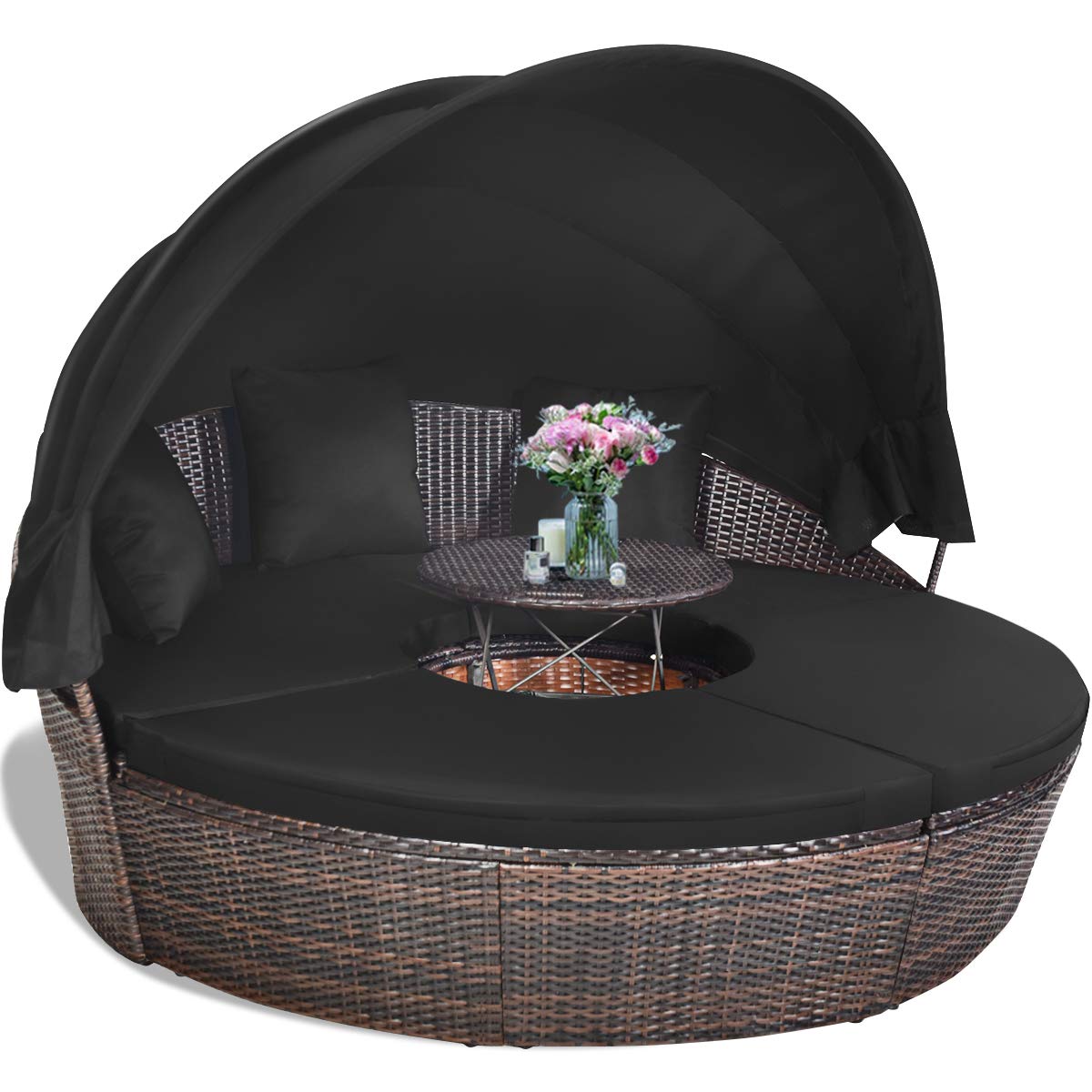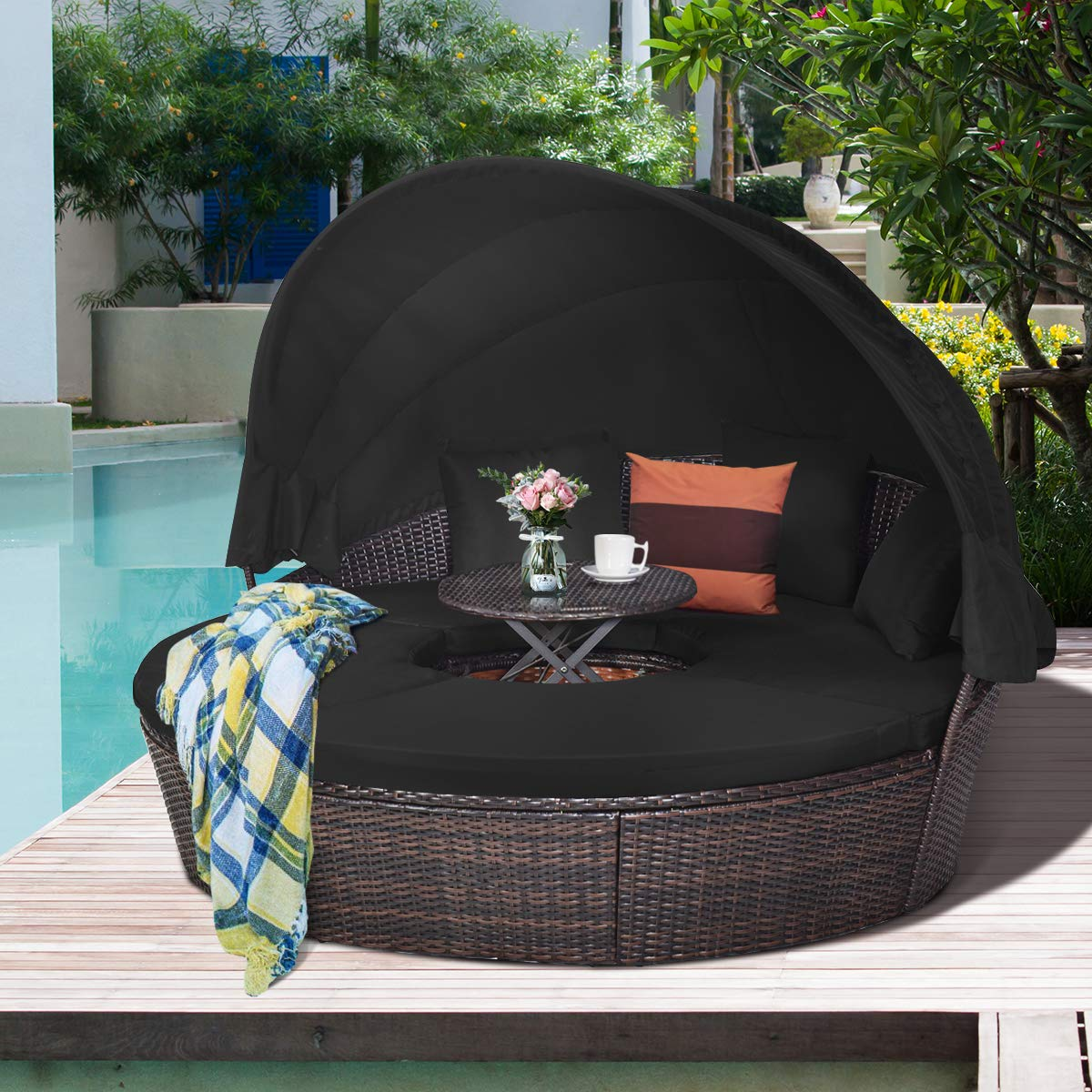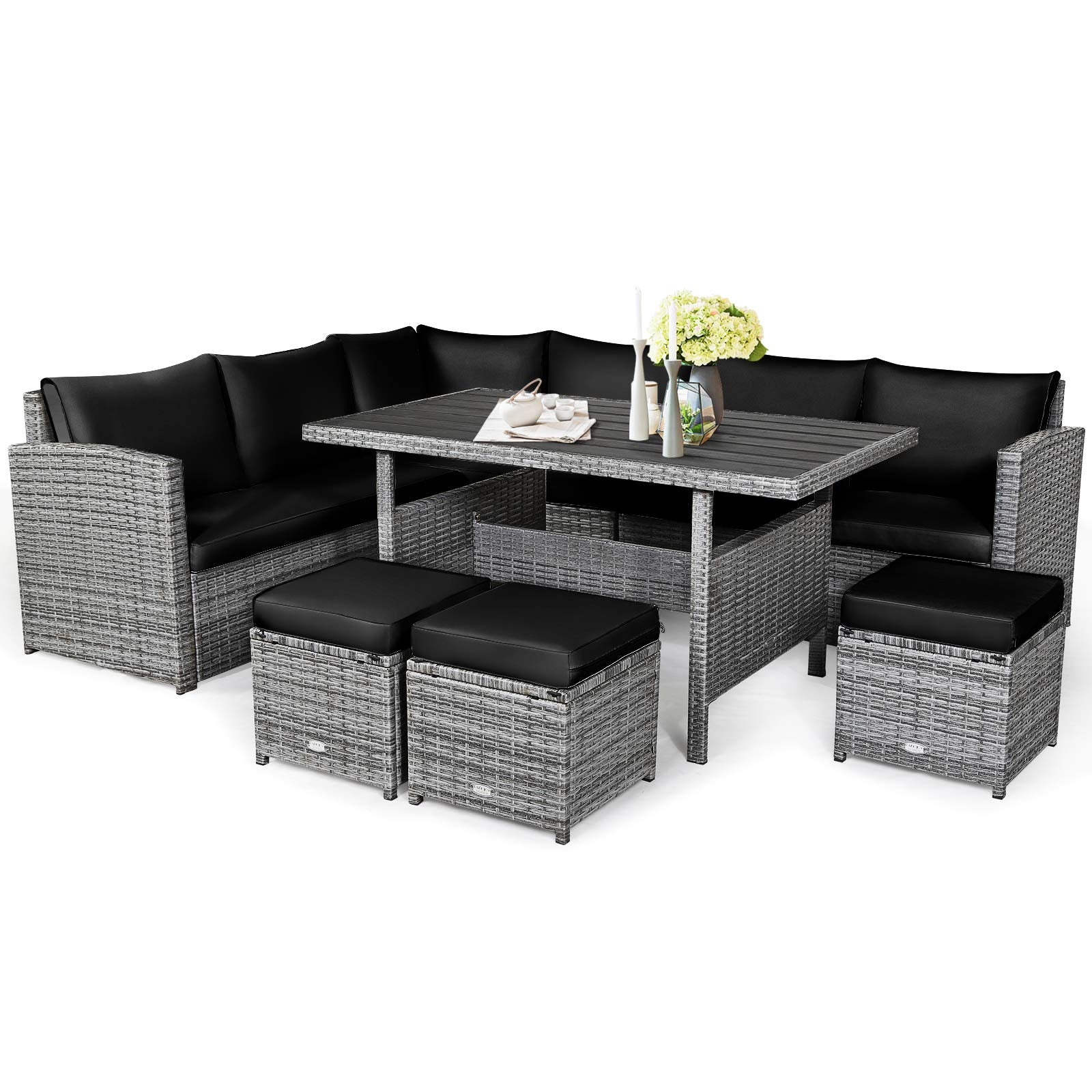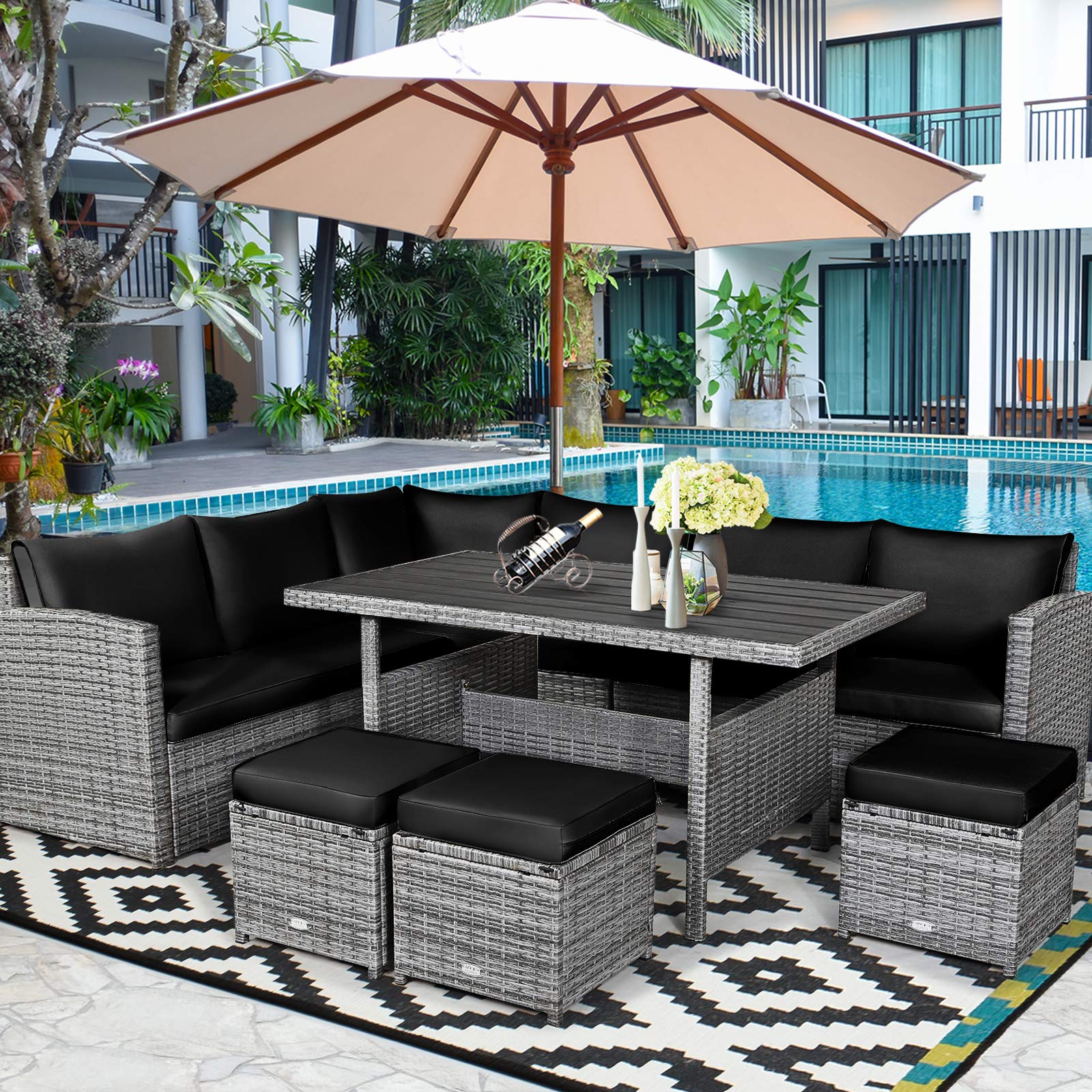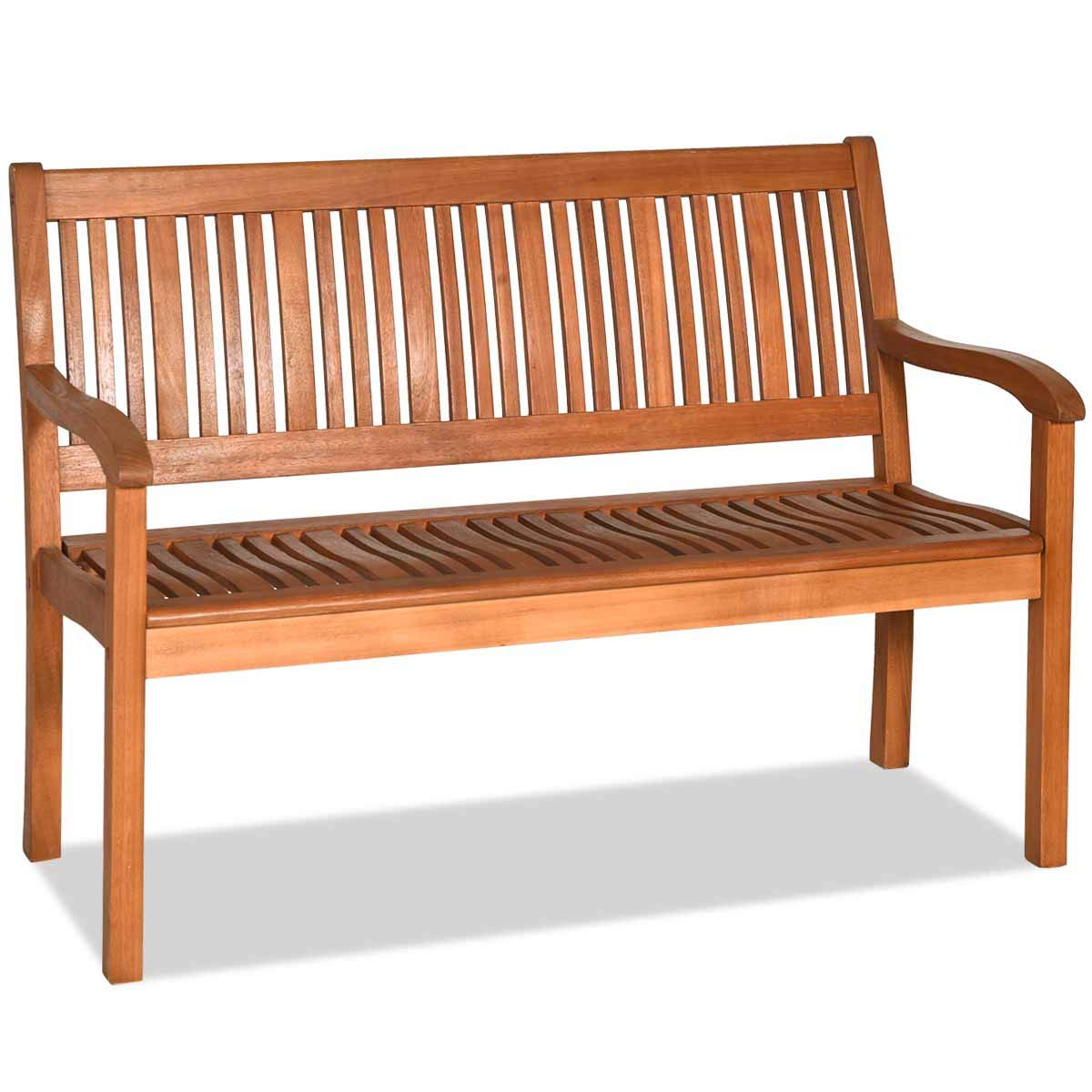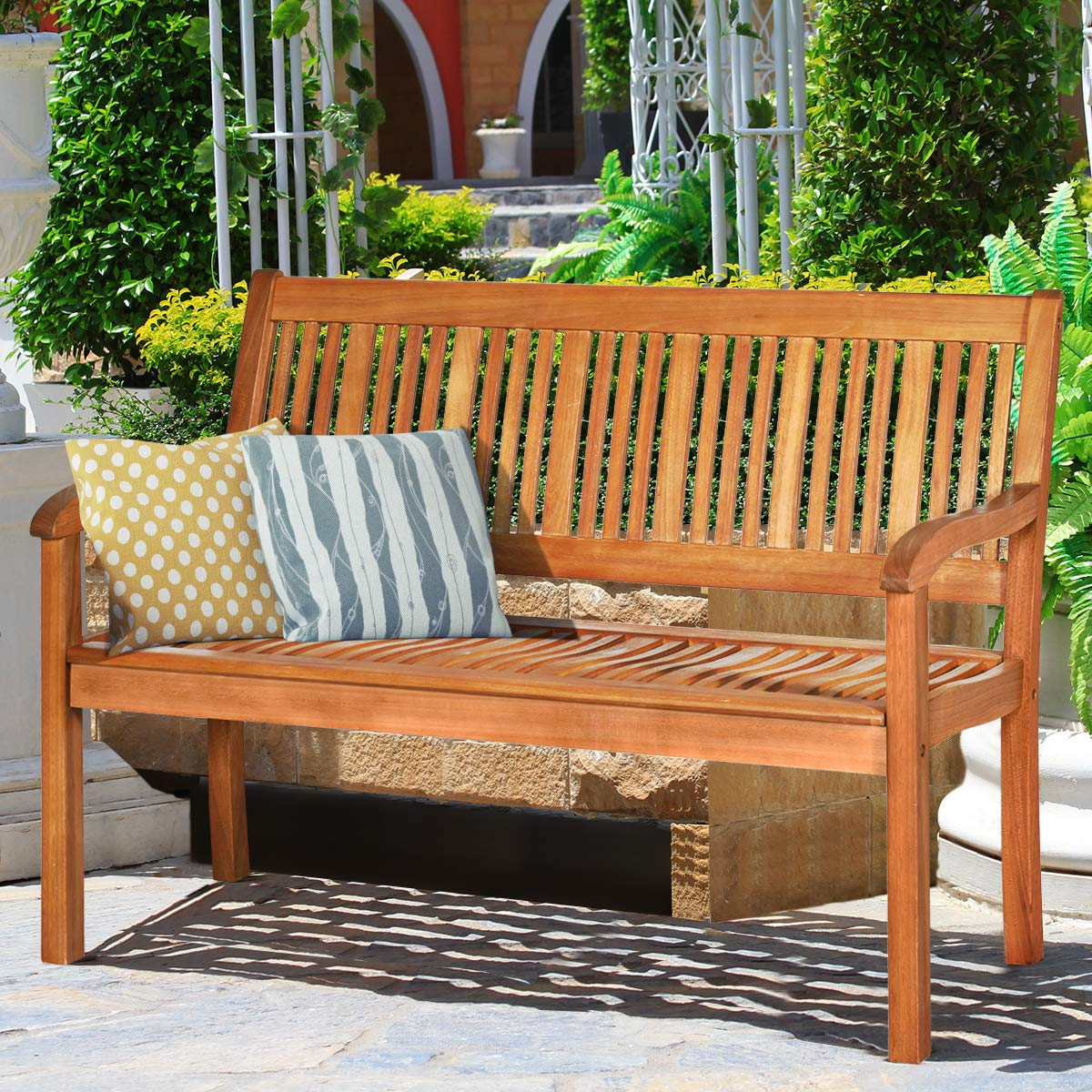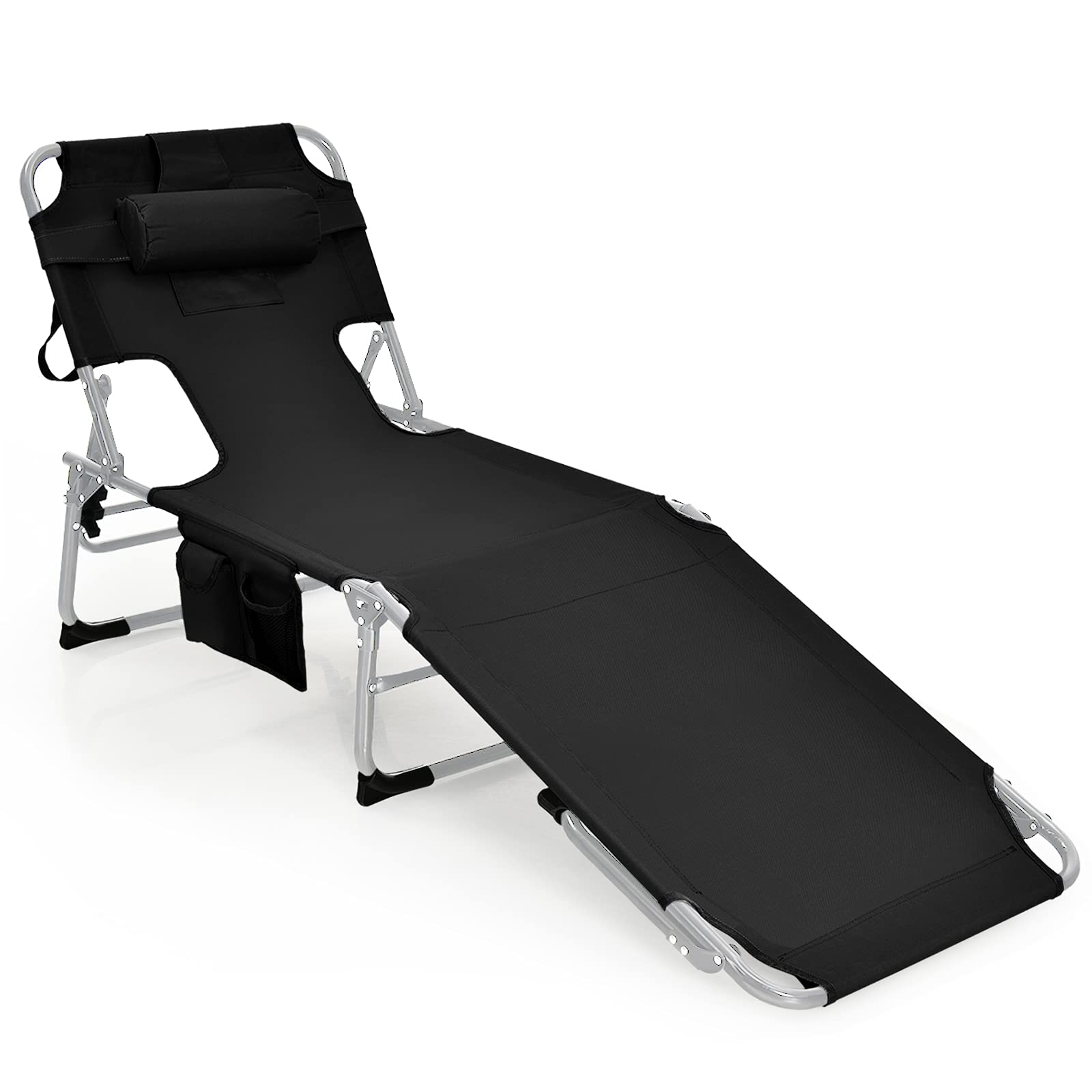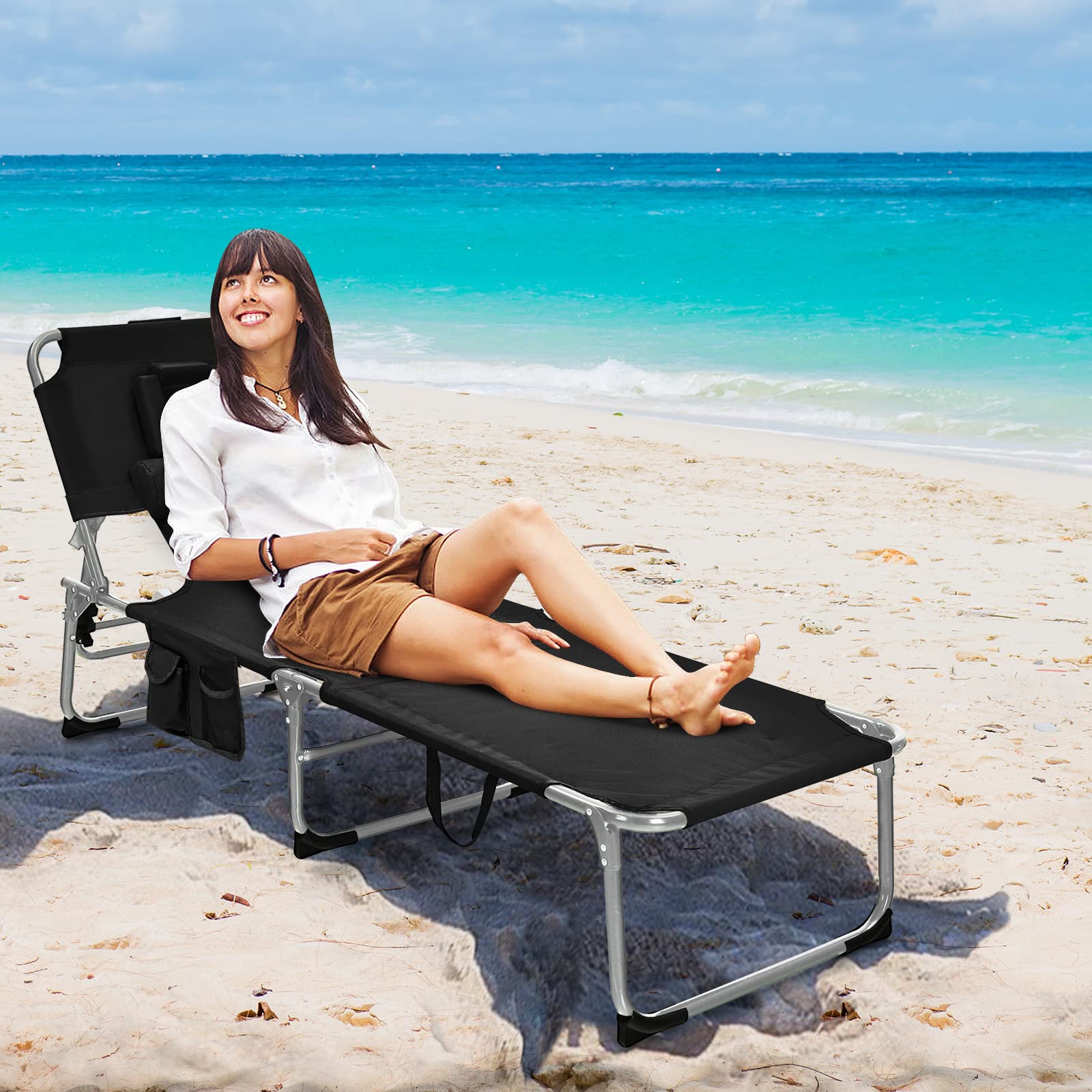Inside this Article:
- What Color is Turquoise?
- History of Turquoise
- Turquoise in Modern Design
- Turquoise vs. Teal: What’s the Difference?
- Types of Turquoise
- Why Turquoise Is Taking Over Patios
- 1. Turquoise Evokes Vacation Vibes
- 2. It’s a Mood-Boosting Shade
- 3. Turquoise Stays Cool in the Sun
- 4. Versatile for All Styles
- 5. It Hides Dust & Dirt Well
- 6. It’s Instagram-Worthy
- 7. Pairs Well with Nature
- 8. Supports the Wellness Lifestyle Trend
- 9. Perfect Accent or Hero Color
- 10. Designers Are Calling It the “New Neutral”
- Final Thoughts: Time to Go Turquoise?
Why Turquoise Is Taking Over Patios and Poolsides
Turquoise — a striking blend of blue’s calm and green’s freshness — is emerging as 2025’s hottest outdoor furniture color. But this isn’t just about trends. Turquoise brings a versatile, rejuvenating presence that’s perfect for modern outdoor living.
What Color is Turquoise?
Turquoise is a luminous blue-green color named after the precious gemstone of the same name. It sits between blue and green on the color wheel, often associated with clarity, calm, and tropical waters. It can vary from light aqua to deep teal. This depends on the mix of blue and green tones, as well as any white or gray undertones.
In color psychology, turquoise represents:
- Emotional balance
- Tranquility and serenity
- Spiritual grounding
- Refreshment and open communication
Turquoise is popular in interior and exterior design. It combines the calmness of blue with the energy of green. This makes it perfect for wellness, coastal, and bohemian themes.
History of Turquoise
1. Ancient Origins
The name "turquoise" comes from the French word "turques," which means "Turkish." This is because traders brought the gemstone to Europe from Persia, now known as Iran, through Turkey.
Ancient Egyptians used turquoise around 3000 BCE. They decorated royal jewelry, burial masks (like King Tut’s), and amulets with it. It symbolized protection and rebirth.
In Persian culture, people wore turquoise as a protective talisman and believed it brought luck and warded off evil.
2. Native American Significance
In the American Southwest, turquoise has deep cultural value for the Navajo, Hopi, and Zuni tribes.
People see it as the “sky stone,” symbolizing life, water, and spiritual connection. It appears in intricate silver jewelry, ceremonial pieces, and even architecture.
Many people believe the stone links the earth and sky, offering healing and guidance.
3. Global Use and Symbolism
In Tibetan and Mongolian cultures, turquoise symbolizes the cycle of life and is used in spiritual rituals and offerings.
In Islamic architecture, architects use turquoise tiles and domes on mosques and shrines to signify heaven, peace, and divinity.
During the Victorian Era, turquoise jewelry became popular in Western fashion, often gifted as tokens of affection.
Turquoise in Modern Design
In the 1950s, turquoise became a popular color in fashion, cars, and home appliances. People often combined it with white, pink, or chrome to create a retro look.
Today, brands, interior designers, beachwear creators, spas, and wellness spaces use turquoise to represent clarity, calm, and creativity.
It is very popular in outdoor design because of its fresh and ocean-like qualities. This makes it great for patios, poolside furniture, and tropical decor.
Turquoise vs. Teal: What’s the Difference?
|
Feature |
Turquoise |
Teal |
|
Base Color |
Mix of blue and green, with more blue |
Mix of blue and green, with more green |
|
Brightness |
Lighter and brighter |
Darker and deeper |
|
Undertone |
Often has a white or aqua undertone |
Often has a gray or black undertone |
|
Mood/Feel |
Energetic, refreshing, tropical |
Calm, sophisticated, grounding |
|
Design Use |
Ideal for beach, boho, wellness themes |
Great for modern, earthy, luxe looks |
|
Examples |
Ocean water, tropical accents, pool tiles |
Peacock feathers, dark jade, accent walls |
In Color Psychology:
Turquoise: Uplifting, clear-minded, rejuvenating — often associated with communication and healing.
Teal: Balanced, introspective, stable — associated with emotional depth and renewal.
In Outdoor Furniture Design:
Turquoise patio furniture brings vibrancy to patios — perfect for a sunny, coastal look. It pops beautifully against neutrals and adds energy to garden or poolside settings.
Teal furniture offers a richer, more muted tone, giving your space a sophisticated, spa-like feel. It works especially well in shaded patios or spaces with darker wood or metal finishes.
Types of Turquoise
|
Turquoise Type |
Appearance |
Mood/Vibe |
Best Use In Outdoor Design |
Pairs Well With |
|
Pale Turquoise |
Soft, airy, almost pastel |
Gentle, calming, feminine |
Throws, cushions, light umbrellas, children's furniture |
White, blush, beige, mint green |
|
Aqua Turquoise |
Bright, leaning more toward blue |
Refreshing, tropical |
Poolside loungers, beach-style décor, cabanas |
Coral, lemon yellow, light gray, wicker |
|
Classic Turquoise |
Balanced blue-green, medium saturation |
Clean, cool, versatile |
Cushions, patio chairs, bistro sets |
Navy, white, tan, teak wood |
|
Light Turquoise |
Muted, powdery, soft |
Spa-like, serene, minimalist |
Wellness corners, yoga decks, minimalist lounges |
Stone gray, bamboo, cream, lavender |
|
Sky Turquoise |
Bright, with a hint of sky blue |
Cheerful, lighthearted |
Kids’ furniture, outdoor rugs, playful accent zones |
Lime green, tangerine, cloud gray, white |
|
Deep Turquoise |
Rich, saturated, elegant tone |
Bold, sophisticated |
Statement chairs, tiled tabletops, accent walls |
Charcoal, gold, walnut, rust |
|
Gemstone Turquoise |
Natural stone look, sometimes with veining |
Earthy, artistic, boho |
Mosaic tables, ceramic stools, garden sculptures |
Copper, clay, sandstone, dark wood |
Why Turquoise Is Taking Over Patios
Here are 10 reasons why turquoise blue is popular. For each reason, you will find tips on how to use turquoise in your outdoor spaces.
1. Turquoise Evokes Vacation Vibes
There’s a reason you see turquoise furniture in beach resorts and tropical vacations. It reminds us of the sea, sky, and the feeling of escape.
Detailed Tips:
- Use turquoise in key relaxation zones like sun loungers, chaise lounges, or cabana curtains. It sets the tone for "resort at home."
- Pair turquoise with bright white items, like side tables, cabana stripes, or ceramic planters. This will enhance the beachy look.
- Incorporate natural textures like driftwood, jute rugs, and woven rattan. This mimics seaside aesthetics and complements turquoise’s marine vibe.
- Add soft teal or aqua string lights or lanterns around pergolas or railings. This will create a warm tropical glow at night.
2. It’s a Mood-Boosting Shade
People associate turquoise with emotional healing, clear thinking, and positive energy. This makes it great for outdoor designs that boost mood.
Detailed Tips:
- Create a “mental reset” corner with turquoise cushions on a swinging chair or hanging pod chair. Add a soft throw and ambient lighting.
- Use turquoise floor pillows or poufs in garden meditation areas. Their inviting color makes the space more welcoming and calming.
- Blend turquoise with sage green, soft gray, or blush pink for a grounded, balanced palette that feels nurturing.
- Designate a turquoise reading nook with a single lounge chair, matching footrest, and side table for herbal tea or your favorite book.
3. Turquoise Stays Cool in the Sun
Beyond its beauty, turquoise reflects light well and stays cooler than dark colors — a smart choice for sunny patios and decks.
Detailed Tips:
- Choose turquoise sofa cushions made from UV-resistant and breathable fabrics like Olefin or Sunbrella. These materials will help you stay cool and keep their color over time.
- Choose powder-coated turquoise metal chairs or benches — they reflect heat and are easy to clean and maintain.
- Install turquoise shade sails or pergola curtains to reduce sun exposure while adding stylish color overhead.
- Use turquoise accent chair that get direct sunlight, like pool loungers or balcony chairs. This helps keep the surface cool.
4. Versatile for All Styles
Turquoise works across design themes — from laid-back coastal to crisp modern — and everything in between.
Detailed Tips:
- Modern Minimalist: Use solid turquoise cushions with sleek, low-profile furniture frames in black, charcoal, or matte silver.
- Bohemian Patio: Layer turquoise textiles with Moroccan patterns, multicolored rugs, and mismatched wooden furniture for a carefree look.
- Tropical Modern: Mix turquoise with banana leaf prints, bamboo furniture, and palm plants for a lush, vibrant effect.
- Farmhouse or Rustic: The outdoor wicker furniture has distressed wood, metal lanterns, and warm string lights.
5. It Hides Dust & Dirt Well
Turquoise is surprisingly forgiving — it stays looking clean longer, especially outdoors.
Detailed Tips:
- Use turquoise seat covers on furniture placed near trees or gravel, where debris and pollen can accumulate.
- Choose slightly mottled or marbled turquoise patterns (rather than flat solid colors), which help camouflage dust and stains.
- Choose removable turquoise covers that you can wash. They are great for patios that are family or pet-friendly.
- If you live in a dusty or windy climate, turquoise resin furniture or weatherproof plastics will hide buildup better than white or light beige.
6. It’s Instagram-Worthy
Turquoise pops beautifully on camera, especially in natural light — making it a social media darling.
Detailed Tips:
- Style turquoise items at sunrise or golden hour for soft and warm contrast that makes the color glow.
- Create vibrant brunch scenes with a turquoise table, citrus drinks, fresh flowers, and woven chargers for great photos.
- Use turquoise to frame a photo-worthy spot — like a garden arch, outdoor bar, or hammock corner.
- Add pops of turquoise in smaller accessories — like drinkware, napkins, or table runners — to tie together lifestyle shots.
7. Pairs Well with Nature
Nature loves turquoise — it harmonizes with greenery, wood, and stone beautifully.
Detailed Tips:
- Surround turquoise chairs or sofas with potted palms, monsteras, or ferns, emphasizing a lush tropical aesthetic.
- Combine wood patio furniture with wooden decking or stone tile flooring — the earthy backdrop enhances the vibrancy of turquoise.
- Use turquoise ceramic pots or hanging planters in vertical gardens to create rhythm and height variation.
- Add natural materials like seagrass baskets, teak furniture, or jute rugs to balance turquoise’s boldness with warmth.
8. Supports the Wellness Lifestyle Trend
As more people turn their outdoor spaces into havens for wellness and self-care, turquoise fits right in.
Detailed Tips:
- Design an outdoor yoga or stretch space with turquoise mats, calming water features, and soft music. Add shade to reduce harsh sunlight.
- Use turquoise as the main color in your wellness zone. Use it on textiles, planters, and flooring tiles for a unified look.
- Integrate aromatherapy — grow herbs like mint, basil, or lavender in turquoise pots, which double as wellness décor.
- Incorporate turquoise candles, essential oil diffusers, or solar lanterns to create ambiance during evening rituals or wind-downs.
9. Perfect Accent or Hero Color
Whether you want a subtle hint or a bold statement, turquoise works in any dosage.
Detailed Tips:
- Start small with turquoise throws, trays, or ottomans if you're unsure about committing to full-sized pieces.
- Use turquoise as your centerpiece color — such as a turquoise dining set or sectional — and accent with neutrals like gray, sand, or black.
- Echo the color across your space with turquoise planters, cushions, and rugs to create cohesion without overwhelming the design.
- Choose a turquoise bench or porch swing as your “hero piece” for curb appeal — especially striking against brick or wood exteriors.
10. Designers Are Calling It the “New Neutral”
Turquoise is no longer just an accent — it’s being used as a mainstay tone that works like a neutral.
Detailed Tips:
- Use turquoise as your base tone, then layer in seasonal color accents like coral for summer or mustard yellow for fall.
- Mix multiple turquoise tones — light aqua, classic turquoise, deep teal — to create a monochromatic look with depth and movement.
- Ground turquoise with natural textures: for example, a turquoise couch on a woven rug. Add linen curtains and ceramic side tables.
- Avoid too many competing brights — let turquoise shine by pairing it with earth tones, wood finishes, or muted metals.
Final Thoughts: Time to Go Turquoise?
Whether you are updating a small balcony or making a large outdoor lounge, turquoise is a color that works well. Timeless yet on-trend, eye-catching yet calming. Turquoise offers mood-boosting benefits and many styling options. More than just a trend, it shows easy and elegant outdoor living in 2025.

